Browse
by Subject
By Area: Africa
View: By Date | Alphabetical | eBooks | Paperbacks
-
 Published August 2025
Published August 2025 Conflict and Violence in the Lake Chad Basin
Insecurity in Central Africa
Chavin, E., Langlois, O., Seignobos, C., & Baroin, C. (eds)
This volume analyses conflicts in the Lake Chad Basin based on insights into local dynamics and the lived world of the people themselves.
Subjects: Political and Economic Anthropology Peace and Conflict Studies Sociology
eBook -
 Published August 2025
Published August 2025 Lessons from Kalahari Ju/’hoan Culture
Democracy, Childrearing, Education, and Community
Heckler, M.
Juǀ’hoan collective decision-making processes epitomize direct, participatory democracy: one person/one vote, enhanced by in-depth negotiations that lead to consensus. These practices are the basis of Juǀ’hoan education and culture, resulting in anr egalitarian culture that forms the foundation of an enduring democracy.
Subjects: Anthropology (General) Cultural Studies (General)
eBook -
 Published June 2025
Published June 2025 Wrestling with Hope in Urban Senegal
Sports, Masculinity, and Precarious Trajectories
Hann, M.
Wrestling with Hope in Urban Senegal follows the journey of football players and wrestlers in Dakar as they confront the realities of their sporting aspirations. It grapples with themes of masculinity, belief systems and economic survival whilst navigating the complexities of a neoliberal landscape.
Subjects: Anthropology (General) Sociology Development Studies Urban Studies
eBook -
 Published May 2025
Published May 2025 Conservation and Mobile Indigenous Peoples
Displacement, Forced Settlement and Sustainable Development
Chatty, D. & Colchester, M. (eds)
The second edition of this remarkable book updates the immense advances in policy and soft international law with regards to the rights of mobile indigenous peoples in conservation.
Subjects: Refugee and Migration Studies Environmental Studies (General) Development Studies Sustainable Development Goals
eBook
Paperback available -
 Published March 2025
Published March 2025 Tropical Nature
Colonial and Post-Colonial Conservation in Africa and Asia
Blanc, G., Guérin, M., & Quenet, G. (eds)
An insightful and wide-ranging study of the colonial history of conservation projects, Tropical Nature seeks to provide a much-needed history of the Global South from its own perspective. In doing so, this volume collection spotlights a “small-scale global history” that deciphers the relations binding human societies to the non-human world.
Subjects: Colonial History Environmental Studies (General) History: 20th Century to Present
eBook -
 Published February 2025
Published February 2025 Colonial Intervention and Destabilization of African Identities
Contours of Trusteeship and Organized Infantilism in Sub-Saharan Africa
Mfum-Mensah, O.
Colonial Intervention and Destabilization of African Identities takes an interdisciplinary approach to examine how external forces and African elite impose trusteeship practices on Africans to construct and consolidate hierarchical power relations in African societies that infantilize Africans and dispossess them off their resources.
Subjects: Political and Economic Anthropology Sociology Development Studies
-
 Published February 2025
Published February 2025 Traveling Models and Practical Norms
The Misadventures of Social Engineering in Africa and Beyond
Olivier de Sardan, J.-P.
Traveling Models and Practical Norms examines how different modes of governance that deliver services of general interest experience significant gaps between explicit rules of the game and implicit practices, between planned actions and daily routines.
Subjects: Political and Economic Anthropology Development Studies
eBook -
 Published January 2025
Published January 2025 Desert Entanglements
The Making of the Badiya by Sahrawi Refugees of Western Sahara
Volpato, G.
The Sahrawi refugees in southwestern Algeria have struggled from exile for fifty years to reconfigure the animated desert they call badiya. They recovered camel husbandry and access to part of the former rangeland, and wove it back as seasonal nomadism. Desert Entanglements analyzes this process as an act of place-making premised on refugees’ agency.
Subjects: Anthropology (General) Environmental Studies (General) Refugee and Migration Studies Sustainable Development Goals
eBook -
 Published October 2024
Published October 2024 Voices in the Dark
The Energy Lives of Refugees
Rosenberg-Jansen, S.
In refugee camps all over the world, refugees are forced to secure their own access to energy and are provided with limited cooking resources and minimal electricity. Voices in the Dark draws upon a decade of original research to provide evidence on the energy lives of refugees.
Subjects: Refugee and Migration Studies Political and Economic Anthropology Sustainable Development Goals
-
 Published August 2024
Published August 2024 Care in a Time of Humanitarianism
Stories of Refuge, Aid, and Repair in the Global South
Osanloo, A. & deBergh Robinson, C. (eds)
Care in a Time of Humanitarianism presents complex histories of forced migration and humanitarianism in an accessible way. It adopts a comparative approach to highlight the diverse cultural and religious traditions of care that are adopted across the Global South for the “distant others”.
Subjects: Anthropology (General) Refugee and Migration Studies Sociology
Paperback available -
 Published August 2024
Published August 2024 The Attempt to Stay
Dam Building, Displacement, and Resistance in the Nile Valley, Sudan
Hänsch, V.
The construction of the Merowe Dam along the Nile in northern Sudan flooded local villages and forced thousands of inhabitants to flee to higher ground. This book follows the Manasir people’s attempts to resist state-run resettlement schemes, preserve their homeland, and try out meaningful ways of life along the emerging reservoir.
Subjects: Political and Economic Anthropology Development Studies Environmental Studies (General) Sustainable Development Goals
eBook -
 Published June 2024
Published June 2024 Rest in Plastic
Death, Time and Synthetic Materials in a Ghanaian Ewe Community
Bredenbröker, I.
Rest in Plastic gives an insight into local entanglements of death, synthetic materials and power in Ewe community. It shows how different materials and things that come to shape power relations, exist in a delicate balance between state and local governance, kin and outsiders, death and life, the invisible and the visible, movement and containment.
Subjects: Anthropology (General) Heritage Studies Anthropology of Religion
-
 Published April 2024
Published April 2024 Food and Families in the Making
Knowledge Reproduction and Political Economy of Cooking in Morocco
Graf, K.
Food and Families in the Making looks at knowledge reproduction about how we know cooking and its role in the making of everyday family life. It also examines a political economy of cooking that situates Marrakchi women’s lived experience in the broader context of persisting poverty and food insecurity in Morocco.
Subjects: Food & Nutrition Anthropology (General) Cultural Studies (General)
eBook -
 Published March 2024
Published March 2024 Max Gluckman
Macmillan, H.
This handy, concise biography describes the life and intellectual contribution of Max Gluckman (1911-75) who was one the most significant social anthropologists of the twentieth century.
Subjects: Anthropology (General) Theory and Methodology
eBook
Paperback available -
 Published March 2024
Published March 2024 Dynamics of Political Domination in Africa
An Axel Sommerfelt Collection
Sommerfelt, A., (au) Sommerfelt, T., Jakoubek, M., & Eriksen, T. H. (eds)
Axel Sommerfelt has been an important influence on Norwegian and Scandinavian anthropology, but his contributions are almost unknown. This book brings together some of his critical writings, newly written articles and an interview positions him in the history of ‘North Sea’ social anthropology and shows his continued relevance.
Subjects: Theory and Methodology Anthropology (General)
eBook -
 Published February 2024
Published February 2024 Fragile Futures
Ambiguities of Care in Burkina Faso
Samuelsen, H.
Caring for small children and the family in Burkina Faso is hard work. Although the health infrastructure in Burkina Faso is weak and many citizens feel neglected by the state, Fragile Futures shows that the state continues to play an important role in people’s engagements and hopes for a better future.
Subjects: Anthropology (General) Medical Anthropology Development Studies Sustainable Development Goals
eBook -
 Published November 2023
Published November 2023 Designing Knowledge Economies for Disaster Resilience
Case Studies from the African Diaspora
Waldron-Moore, P. (ed)
Acknowledging that low economic development and high climate costs do not equitably coexist, this collected volume interrogates the challenge for disaster-prone territories to determine supplemental strategies for restructuring and redesigning their environment.
Subjects: Environmental Studies (General) Political and Economic Anthropology Development Studies Sustainable Development Goals
-
 Published July 2023
Published July 2023 Once Upon a Time is Now
A Kalahari Memoir
Biesele, M.
Fifty years after her first fieldwork with Ju/'hoan San hunter-gatherers, anthropologist Megan Biesele has written this exceptional memoir based on personal journals she wrote at the time.
Subjects: Anthropology (General) Cultural Studies (General) Development Studies
Paperback available -
 Published July 2023
Published July 2023 Cryptopolitics
Exposure, Concealment, and Digital Media
Bernal, V., Pype, K., & Rodima-Taylor, D. (eds)
Focusing on African societies, Crypolitics brings together empirically grounded studies of digital media to draw out the significance of hidden information, double meanings, and the constant processes of encoding and decoding messages in negotiations of power relations.
Subjects: Anthropology (General) Media Studies
-
 Published April 2023
Published April 2023 Integrating Strangers
Sherbro Identity and The Politics of Reciprocity along the Sierra Leonean Coast
Ménard, A.
Drawing on an ethnography of Sherbro coastal communities in Sierra Leone, this book analyses the politics and practice of identity through the lens of the reciprocal relations that exist between socio-ethnic groups. Anaïs Ménard examines the implications of the social arrangement that binds landlords and strangers in a frontier region, the Freetown Peninsula, characterized by high degrees of individual mobility and social interactions.
Subjects: Anthropology (General) Political and Economic Anthropology Development Studies
Paperback available -
 Published January 2023
Published January 2023 This Land Is Not For Sale
Trust and Transitions in Northern Uganda
Meinert, L. & Reynolds Whyte, S. (eds)
As violent conflict has declined in northern Uganda, tensions and mistrust concerning land have increased. Residents try to deal with acquisitions by investors and exclusions from forests and wildlife reserves. Using extended case studies, collaborating researchers analyze the principles and practices that shape access to land. Contributors examine the multiplicity of land claims, the nature of transactions, and the management of conflicts.
Subjects: Political and Economic Anthropology Development Studies Sociology
Paperback available -
 Published January 2023
Published January 2023 Cosmopolitan Refugees
Somali Migrant Women in Nairobi and Johannesburg
Ripero-Muñiz, N.
Exploring the dynamics of identity formation processes in diasporic spaces, this book analyses how gender, cultural and religious practices are renegotiated in a situation of displacement. The author presents the comparative case study of Somali migrant women in Nairobi and Johannesburg: two cosmopolitan urban hubs in the global South.
Subjects: Refugee and Migration Studies Anthropology (General) Gender Studies and Sexuality
eBook
Paperback available -
 Published December 2022
Published December 2022 The Servants of Empire
Sponsored German Women’s Colonization in Southwest Africa, 1896-1945
ODonnell, K. M.
In the late 1890s through the 1940s, Germany enacted race-based population policies in Southwest Africa which instrumentalized German women as colonists. The Servants of Empire engages the history of these colonial operatives, mostly comprised of poor, white women, as they became an unsettling force in colonial settlements and contributed to the rise of the German embrace of genocide, National Socialism, and apartheid.
Subjects: Colonial History History: 20th Century to Present
eBook -
 Published July 2022
Published July 2022 Chinese Medicine in East Africa
An Intimacy with Strangers
Hsu, E.
Based on fieldwork conducted between 2001-2008 in urban East Africa, this book explores who the patients, practitioners and paraprofessionals doing Chinese medicine were in this early period of renewed China-Africa relations.
Subject: Medical Anthropology
eBook
Paperback available -
 Published June 2022
Published June 2022 Museum Times
Changing Histories in South Africa
Witz, L.
Museums flourished in post-apartheid South Africa. In older museums, there were renovations on the go, and at least fifty new museums opened. Most sought to depict violence and suffering under apartheid and the growth of resistance. These unlikely journeys are tracked as museums became a primary setting for contesting histories. The author demonstrates how an institution concerned with the conservation of the past is simultaneously a site for changing history.
Subjects: Museum Studies Cultural Studies (General)
eBook
Paperback available -
 Published May 2022
Published May 2022 Food Connections
Production, Exchange and Consumption in West African Migration
Abranches, M.
Food Connections follows the movement of food from its production sites in West Africa to its final spaces of consumption in Europe. It is an ethnographic study of economic and social life amongst a close-knit community of food producers, traders andconsumers and a wide range of small intermediaries that operate in Guinea-Bissau and Portugal.
Subjects: Food & Nutrition Anthropology (General) Refugee and Migration Studies
eBook -
 Published April 2022
Published April 2022 Environing Empire
Nature, Infrastructure and the Making of German Southwest Africa
Kalb, M.
Between the infamous Benguela Current and the Namib Desert, nature significantly effected the progression of German imperialism and the creation of German Southwest Africa. Environing Empire reveals the environmental infrastructures that defined not only the culture of German colonial entanglements, but the fantasy that drove Lebensraum during the Second Reich.
Subjects: History: 20th Century to Present Environmental Studies (General)
Paperback available -
 Published April 2022
Published April 2022 African Political Systems Revisited
Changing Perspectives on Statehood and Power
Bošković, A. & Schlee, G. (eds)
Reexamining a classical work of Social Anthropology, African Political Systems (1940), edited by Fortes and Evans-Pritchard, this book looks at the colonial and academic context from which the work arose, as well as its reception and its subject matter and looks at how the work can help with analysis of current politics in Africa.
Subjects: Political and Economic Anthropology Colonial History Development Studies
eBook
Paperback available -
 Published March 2022
Published March 2022 The Precarity of Masculinity
Football, Pentecostalism, and Transnational Aspirations in Cameroon
Kovač, U.
This book follows young Cameroonian men who aspire to migrate abroad and play football for a living while analyzing masculinities in West Africa. The book argues that the athletic aspirations of young Cameroonians and their propensity to consult with Pentecostal Men of God offer new insights about the nature of social mobility in the neoliberal age.
Subjects: Anthropology (General) Anthropology of Religion Gender Studies and Sexuality
eBook
Paperback available -
 Published March 2022
Published March 2022 A New African Elite
Place in the Making of a Bridge Generation
Pellow, D.
Focusing on a sub-set of the Dagomba of northern Ghana, this book looks at the first generation to go through secondary school in the north. This book charts their path into elite status and argues that this generation uses the tools gained through education and social connections to influence politics back home.
Subjects: Anthropology (General) Mobility Studies Development Studies
eBook
Paperback available -
 Published February 2022
Published February 2022 Afropolitan Horizons
Essays toward a Literary Anthropology of Nigeria
Hannerz, U.
Nigeria is a country shaped by internal diversity and transnational connections, past and present. Leading Nigerian writers from Chinua Achebe, Amos Tutuola and Wole Soyinka to Chimamanda Ngozi Adichie and Teju Cole have portrayed these Nigerian Issues, and have also written about some of the momentous events in Nigerian history. Afropolitan Horizons discusses their work alongside other novelists and commentators.
Subjects: Anthropology (General) Literary Studies Anthropology of Religion
Paperback available -
 Published September 2021
Published September 2021 Cattle Poetics
How Aesthetics Shapes Politics in Mursiland, Ethiopia
Eczet, J.-B.
Loving cows, then killing them. The relation with cattle in Mursi country is shaped by the dichotomy between the value given to it during life and the death imposed upon it. This book investigates the link between the nurturing and killing of cattle, and its accompanying aesthetics, with Mursi society itself.
Subjects: Anthropology (General) Cultural Studies (General) Development Studies
eBook -
 Published July 2021
Published July 2021 After Corporate Paternalism
Material Renovation and Social Change in Times of Ruination
Straube, C.
In this ethnographic study of post-paternalist ruination and renovation, Christian Straube explores social change at the intersection of material decay and social disconnection in the former mine township Mpatamatu of Luanshya, one of the oldest mining towns on the Zambian Copperbelt.
Subjects: Anthropology (General) Development Studies Sociology
Paperback available -
 Published June 2021
Published June 2021 NGOs and Lifeworlds in Africa
Transdisciplinary Perspectives
Kalfelis, M. C. & Knodel, K. (eds)
Non-governmental organizations (NGOs) have become ubiquitous in the development sector in Africa and attracting more academic attention. However, the fact that NGOs are an integral part of the everyday lives of men and women on the continent has been overlooked thus far. By taking a radical empirical stance, this book studies NGOs as a vital part of the lifeworlds of Africans.
Subjects: Development Studies Anthropology (General)
eBook -
 Published June 2021
Published June 2021 German Rule, African Subjects
State Aspirations and the Reality of Power in Colonial Namibia
Zimmerer, J.
This classic study, now available for the first time in English, explains how German colonial ambitions foundered in present-day Namibia. As it shows, the highly rationalized planning of Wilhelmine authorities could not accommodate the practical, lived realities of both colonizer and colonized.
Subjects: Colonial History History: 20th Century to Present
eBook
Paperback available -
 Published May 2021
Published May 2021 When They Came for Me
The Hidden Diary of an Apartheid Prisoner
Schlapobersky, J. R.
Whilst a student in South Africa, John Schlapobersky was arrested for opposing apartheid and tortured, detained and deported. In this volume, apartheid and its resistance come to life in personal stories that make this a vital historical document - one of its time and one for our own.
Subject: History: 20th Century to Present
eBook
Paperback available -
 Published April 2021
Published April 2021 The Herero Genocide
War, Emotion, and Extreme Violence in Colonial Namibia
Häussler, M.
Drawing on previously inaccessible and overlooked archival sources, The Herero Genocide undertakes a groundbreaking investigation into the war between colonizer and colonized in what was formerly German South West Africa and is today the nation of Namibia. The result is an indispensable account of a genocide that has been neglected for too long.
Subjects: History: 20th Century to Present Genocide History
eBook
Paperback available -
 Published April 2021
Published April 2021 In-Betweenness in Greater Khartoum
Spaces, Temporalities, and Identities from Separation to Revolution
Franck, A., Casciarri, B., & Salim El-Hassan, I. (eds)
Drawing from original fieldwork in Khartoum and empirical data, In-Betweenness in Greater Khartoum uses in-between spaces as a lens to analyze how political events, in particular the 2011 independence of South Sudan, works along with other processes such as globalization and eco-nomic neo-liberalization to impact communities across the region.
Subjects: Urban Studies Peace and Conflict Studies
eBook -
 Published February 2021
Published February 2021 Religion and Pride
Hindus in Search of Recognition in La Réunion
Lang, N.
Through the examination of religious practices and public performance, the author offers a compelling study of how the Hindu community in the French territory of La Réunion assert pride in their religion as a means of gaining recognition as a religious minority.
Subjects: Anthropology of Religion Anthropology (General)
eBook -
 Published February 2021
Published February 2021 South Africa's Dreams
Ethnologists and Apartheid in Namibia
Gordon, R. J.
In the early sixties, many South African anthropologists supported ‘Grand Apartheid’ in Namibia. South Africa’s colonial policies in the country served as a testing ground for many key features of its repressive infrastructure, and strategies for countering anti-apartheid resistance. The book also analyses how the knowledge used to justify and implement apartheid was created.
Subjects: Anthropology (General) Colonial History Peace and Conflict Studies
eBook
Paperback available -
 Published January 2021
Published January 2021 Lands of the Future
Anthropological Perspectives on Pastoralism, Land Deals and Tropes of Modernity in Eastern Africa
Gabbert, E. C., Gebresenbet, F., Galaty, J. G., & Schlee, G. (eds)
Rangeland, forests and riverine landscapes of pastoral communities in Eastern Africa are increasingly under threat. Abetted by states who think that outsiders can better use the lands than the people who have lived there for centuries, outside commercial interests have displaced indigenous dwellers from pastoral territories. This volume presents case studies from Eastern Africa.
Subjects: Environmental Studies (General) Development Studies Mobility Studies Sustainable Development Goals
eBook
Paperback available -
 Published January 2021
Published January 2021 Commerce as Politics
The Two Centuries of Struggle for Basotho Economic Independence
Maliehe, S. M.
This is the first comprehensive economic history of the Basotho people of Southern Africa and spans from the 1820s to the present day. The book documents what the Basotho have done on their own account, focusing on their systematic exclusion from trade and their political efforts to insert themselves into their country’s commerce.
Subjects: History (General) Political and Economic Anthropology Colonial History
eBook -
 Published October 2020
Published October 2020 We Come as Members of the Superior Race
Distortions and Education Policy Discourse in Sub-Saharan Africa
Mfum-Mensah, O.
We Come as Members of the Superior Race discusses the stereotype of Africans as “primitive” and “unintelligent,” exploring how this legacy has enforced contemporary educational and development discourses which view African societies as subordinated in a global geopolitical order, and how it continues to influence education policy in Sub-Sahara Africa today.
Subjects: Educational Studies Development Studies Sociology Sustainable Development Goals
eBook -
 Published September 2020
Published September 2020 Nourishing Life
Foodways and Humanity in an African Town
Huhn, A.
In this accessible ethnography of a small town in northern Mozambique, everyday cultural knowledge and behaviors about food, cooking, and eating reveal the deeply human pursuit of a nourishing life. This emerges less through the consumption of specific nutrients than it does in the affective experience of alimentation in contexts that support vitality, compassion, and generative relations.
Subjects: Food & Nutrition Anthropology (General) Cultural Studies (General)
eBook
Paperback available -
 Published May 2020
Published May 2020 On the Edges of Whiteness
Polish Refugees in British Colonial Africa during and after the Second World War
Lingelbach, J.
From 1942 to 1950, nearly twenty thousand Poles found refuge from the horrors of World War II in camps within Britain’s African colonies, including Uganda, Tanganyika, and Kenya. On the Edges of Whiteness tells their improbable story, tracing the manifold, complex relationships that developed among refugees, their British administrators, and their African neighbors.
Subjects: History: World War II Refugee and Migration Studies Colonial History
eBook
Paperback available -
 Published May 2020
Published May 2020 Abortion in Post-revolutionary Tunisia
Politics, Medicine and Morality
Maffi, I.
After the revolution of 2011, the electoral victory of the Islamist party ‘Ennahdha’ allowed previously silenced religious and conservative ideas about women’s right to abortion. This book explores the changes and continuity in the local discourses and practices related to the body in Tunisia during this time.
Subjects: Medical Anthropology Gender Studies and Sexuality Political and Economic Anthropology
eBook -
 Published March 2020
Published March 2020 Space, Place and Identity
Wodaabe of Niger in the 21st Century
Köhler, F.
Known as highly mobile cattle nomads, the Wodaabe in Niger are today increasingly engaged in a transformation process towards a more diversified livelihood based primarily on agro-pastoralism and urban work migration. This book examines recent transformations in spatial patterns, notably in the context of urban migration and in processes of sedentarization in rural proto-villages.
Subjects: Mobility Studies Urban Studies Anthropology (General) Peace and Conflict Studies
eBook -
 Published March 2020
Published March 2020 Media Practices and Changing African Socialities
Non-media-centric Perspectives
Helle-Valle, J. & Strom-Mathiesen, A. (eds)
Deriving from innovative new work by six researchers, this book questions what the new media's role is in contemporary Africa. The focus is on media-related practices, which require engagement with different perspectives and concerns while situating these in a wider analytical context.
Subjects: Media Studies Anthropology (General) Development Studies
eBook -
 Published February 2020
Published February 2020 Colonial Seeds in African Soil
A Critical History of Forest Conservation in Sierra Leone
Munro, P.
Drawing upon the fields of environmental history and political ecology, Colonial Seeds in African Soil unravels the complex forest conservation history of Sierra Leone during the 20th century. It grounds a broader trans-national history of Empire Forestry with a case study focused on Sierra Leone, examining how colonial ideas shaped forest conservation in West Africa.
Subjects: Environmental Studies (General) Colonial History History: 20th Century to Present
eBook -
 Published February 2020
Published February 2020 Credit and Debt in an Unequal Society
Establishing a Consumer Credit Market in South Africa
Schraten, J.
Investigates the political reasons for South Africa adopting an allegedly self-regulating market despite its disastrous effects and identifies the colonialist ideas of property rights as a mainstay of the existing social order.
Subjects: Political and Economic Anthropology Anthropology (General) Sociology
eBook -
 Published November 2019
Published November 2019 Social Im/mobilities in Africa
Ethnographic Approaches
Noret, J. (ed)
Grounded in both theory and ethnography, this volume insists on taking social positionality seriously when accounting for Africa’s current age of polarizing wealth. To this end, the notion of social im/mobilities emphasizes the complexities of current changes, taking us beyond the prism of a unidimensional social ladder, for social moves cannot always be apprehended through the binaries of ‘gains’ and ‘losses’.
Subjects: Mobility Studies Anthropology (General) Sociology
eBook
Paperback available -
 Published November 2019
Published November 2019 Privileges of Birth
Constellations of Care, Myth, and Race in South Africa
Rogerson, J. J. M.
Focussing ethnographically on private sector maternity care in South Africa, Privileges of birth attends to the ways healthcare and childbirth are shaped by South Africa’s racialised history. Examining the ethics of care in midwife-attended birth, the author offers a unique account of birthing care in the context of elite care services.
Subject: Medical Anthropology Sustainable Development Goals
eBook -
 Published October 2019
Published October 2019 Regimes of Responsibility in Africa
Genealogies, Rationalities and Conflicts
Rubbers, B. & Jedlowski, A. (eds)
How have African moral worlds changed since the 1990s? Regimes of Responsibility in Africa analyses the transformations that discourses and practices of responsibility have undergone in Africa. The work enters into a dialogue with the emerging corpus of studies in the field of ethics, providing to it a set of analytical perspectives that can help further enlarge its theoretical and geographical scope.
Subjects: Political and Economic Anthropology Anthropology (General)
eBook -
 Published September 2019
Published September 2019 Water, Life, and Profit
Fluid Economies and Cultures of Niamey, Niger
Keough, S. B. & Youngstedt, S. M
Water, Life, and Profit offers a holistic analysis of the people, economies, cultural symbolism, and material culture involved in the management, production, distribution, and consumption of drinking water in the urban context of Niamey, Niger. Keough and Youngstedt offer new insights into the lived experiences of gender, ethnicity, class, and spatial structure in Niamey’s water economies today.
Subjects: Anthropology (General) Environmental Studies (General) Political and Economic Anthropology Sustainable Development Goals
eBook
Paperback available -
 Published September 2019
Published September 2019 A Sad Fiasco
Colonial Concentration Camps in Southern Africa, 1900–1908
Kreienbaum, J.
Comparative studies on concentration camps have tended to neglect the African colonial experience at the turn of the twentieth century. A Sad Fiasco delves deeper into the daily lives led in the colonial concentration camps in southern Africa and the motives behind the mass extinction of thousands of internees.
Subjects: Genocide History Colonial History History: 20th Century to Present
eBook
Paperback available -
 Published September 2019
Published September 2019 Ambiguous Childhoods
Peer Socialisation, Schooling and Agency in a Zambian Village
Clemensen, N.
Drawing on rich linguistic-ethnographic details of Zambian children interacting, combined with observations of school and household procedures, the author provides a rare insight into the lives, voices, and learning paths of children in a rural African setting.
Subjects: Anthropology (General) Sociology Development Studies Educational Studies
eBook
Paperback available -
 Published August 2019
Published August 2019 Muted Memories
Heritage-Making, Bagamoyo, and the East African Caravan Trade
Lindström, J.
This book examines the centrality of the East African Caravan Trade to Bagamoyo, a Tanzanian port town on the Indian Ocean, and explores the way that this history was silenced when Bagamoyo was instead branded as a slave route town in 2006 in an attempt to qualify it for the UNESCO World Heritage List.
Subjects: Anthropology (General) Heritage Studies Development Studies
eBook -
 Published August 2019
Published August 2019 Fierce Medicines, Fragile Socialities
Grounding Global HIV Treatment in Tanzania
Mattes, D.
Looking at Tanga, a city on the Tanzanian Swahili coast, Dominik Mattes examines the implementation of antiretroviral HIV-treatment (ART) in the area, exploring the manifold infrastructural and social fragilities of treatment provision in public HIV clinics as well as patients’ multi-layered struggles of coming to terms with ART in their everyday lives.
Subjects: Medical Anthropology Development Studies Sustainable Development Goals
eBook
Paperback available -
 Published July 2019
Published July 2019 From Bullies to Officers and Gentlemen
How Notions of Professionalism and Civility Transformed the Ghana Armed Forces
Agyekum, H. A.
Based on unprecedented access to the Ghanaian military barracks and inspired by the recent resurgence of coups in West Africa, the book assesses why and how the Ghana Armed Forces were transformed from an organisation that actively orchestrated coups into an institution that accepts the authority of the democratically elected civilian government.
Subjects: Peace and Conflict Studies Applied Anthropology
eBook -
 Published July 2019
Published July 2019 Mobile Urbanity
Somali Presence in Urban East Africa
Carrier, N. & Scharrer, T. (eds)
Demystifying Somali residence and mobility in urban East Africa, this volume shows its historical depth, and explores the social, cultural and political underpinnings of Somali-led urban transformation. In so doing, it offers a vivid case study of the transformative power of (forced) migration on urban centres, and the intertwining of urbanity and mobility.
Subjects: Refugee and Migration Studies Anthropology (General) Urban Studies
eBook
Paperback available -
 Published March 2019
Published March 2019 Rethinking and Unthinking Development
Perspectives on Inequality and Poverty in South Africa and Zimbabwe
Mpofu, B. & Ndlovu-Gatsheni, S. J. (eds)
Through theoretical contributions and case studies focusing on South Africa and Zimbabwe, this volume attempts to rethink (and unthink) development discourses and practices in southern Africa. The authors explore the ways in which legacies of colonialism impact development, as well as other factors such as regional politics, corruption, and socio-economic and cultural barriers.
Subjects: Development Studies Political and Economic Anthropology Sustainable Development Goals
eBook
Paperback available -
 Published March 2019
Published March 2019 Playing the Marginality Game
Identity Politics in West Africa
Schroven, A.
In Guinea, situated in the background of central government struggles, rural elites, through the use of identity politics, employ history and contemporary political reforms to maintain their privileges and perpetuate a generation-old local social contract that bridges ethnic and religious divides.
Subjects: Anthropology (General) Sociology Development Studies
eBook -
 Published February 2019
Published February 2019 Going to Pentecost
An Experimental Approach to Studies in Pentecostalism
Eriksen, A. Blanes, R. L., MacCarthy, M.
Co-authored by three anthropologists with long–term expertise studying Pentecostalism in Africa and Melanesia, and in recognition of the increasingly non-territorial nature of religion in the contemporary world, Going to Pentecost offers an experimental approach to the study of global religious movements, and Pentecostalism in particular.
Subjects: Anthropology (General) Anthropology of Religion
Paperback available -
 Published December 2018
Published December 2018 Of Life and Health
The Language of Art and Religion in an African Medical System
Tengan, A. B.
An anthropological study of the health system of the Dagara people of northern Ghana and southern Burkina Faso, Of Life and Health develops a cultural and epistemological lexicon of Dagara life by examining its religious, ritual, and artistic expressions, and gives a holistic account of the Dagara knowledge system.
Subjects: Anthropology (General) Anthropology of Religion Medical Anthropology
eBook -
 Published September 2018
Published September 2018 Medicinal Rule
A Historical Anthropology of Kingship in East and Central Africa
Stroeken, K.
Based on ethnography-driven regional comparison and a critical re-examination of classic monographs on some forty cultural groups, this volume makes the arresting claim that across equatorial Africa, the model of rule has been medicine – and not (as Europeans have long assumed) the colonizer’s despotic administrator, the missionary’s divine king, or Vansina’s big man.
Subjects: Anthropology (General) Colonial History
eBook
Paperback available -
 Published August 2018
Published August 2018 The Wheel of Autonomy
Rhetoric and Ethnicity in the Omo Valley
Girke, F.
Through the theoretical lens of rhetoric, this book offers an interactionalist analysis of how the Kara – a small population in southern Ethiopia – negotiate ethnic and non-ethnic differences among themselves, the relations with their various neighbors, and eventually their integration in the Ethiopian state.
Subjects: Anthropology (General) Cultural Studies (General)
eBook
Paperback available -
 Published April 2018
Published April 2018 A Creole Nation
National Integration in Guinea-Bissau
Kohl, C.
Despite high degrees of cultural and ethnic diversity as well as prevailing political instability, Guinea-Bissau’s population has developed a strong sense of national belonging. By examining contemporary and historical perspectives, A Creole Nation explores how creole identity, culture, and political leaders have influenced postcolonial nation-building processes in Guinea-Bissau.
Subjects: Anthropology (General) Colonial History Political and Economic Anthropology
eBook
Paperback available -
 Published March 2018
Published March 2018 Urban Dreams
Transformations of Family Life in Burkina Faso
Roth, C.
de Jong, W., Perlik, M., Steuer, N., & Znoj, H. (eds)This collection of Claudia Roth's work closely documents the livelihood strategies of members of various neighbourhoods in Bobo-Dioulasso, Burkina Faso. This collection focuses on notions of “the African family” as a solidary network, changing marriage and kinship relations, and increasingly precarious social status of young women and men.
Subjects: Anthropology (General) Sociology Urban Studies
eBook
Paperback available -
 Published February 2018
Published February 2018 Doing Conceptual History in Africa
Fleisch, A. & Stephens, R. (eds)
The contributions assembled here focus on the complex role of language in Africa’s historical development. From prehistoric dynamics of wealth and poverty to the conceptual foundations of postcolonial nationalism, each engages with African intellectual history while analyzing the regional and global contexts in which categories like “work” and “land” take shape.
Subject: History (General)
Pb -
 Published December 2017
Published December 2017 Returning Life
Language, Life Force and History in Kilimanjaro
Myhre, K. C.
Returning Life explores how language and action affect life force. Diverse sources demonstrate how this phenomenon extends to coffee cash-cropping, Catholic Christianity, and colonial and post-colonial rule, featuring cognate languages throughout the area.
Subjects: Anthropology (General) Cultural Studies (General) Sociology
eBook
Paperback available -
 Published December 2017
Published December 2017 Seekers and Things
Spiritual Movements and Aesthetic Difference in Kinshasa
Lambertz, P.
Focusing on the intricate presence of a new Japanese religion (Sekai Kyûseikyô) in the densely populated and primarily Christian environment of Kinshasa (DR Congo), this ethnographic study offers a practitioner-orientated perspective to create a localised picture of religious globalization.
Subjects: Anthropology (General) Anthropology of Religion Refugee and Migration Studies
eBook -
 Published November 2017
Published November 2017 Peaceful Selves
Personhood, Nationhood, and the Post-Conflict Moment in Rwanda
Eramian, L.
Twenty years after the 1994 genocide, Rwandans are still troubled by what made the violence possible and how they can know it will not recur. This study uncovers how Rwandan visions of peace and modern nationhood concern not only political reform or economic development, but also transformations in the self.
Subjects: Anthropology (General) Peace and Conflict Studies
eBook
Paperback available -
 Published October 2017
Published October 2017 Foucault's Orient
The Conundrum of Cultural Difference, From Tunisia to Japan
Lazreg, M.
Using interviews with scholars from Tunisia and Japan, this book examines the manner in which Foucault experienced and explained his encounters with non-Western cultures, unraveling the anthropological implications of his unwavering commitment to cultural difference. It also traces the philosophical-theoretical sources of his conception of difference, and uncovers the contradictions of his dismissal of empirical anthropology to know human beings.
Subjects: Sociology Anthropology (General) Cultural Studies (General)
eBook
Paperback available -
 Published October 2017
Published October 2017 Children of the Camp
The Lives of Somali Youth Raised in Kakuma Refugee Camp, Kenya
Grayson, C.-L.
This original study carefully considers how young people perceive their living environment and how growing up in exile structures their view of the past and their country of origin, and the future and its possibilities.
Subjects: Refugee and Migration Studies Anthropology (General) Peace and Conflict Studies Sociology
eBook
Paperback available -
 Published June 2017
Published June 2017 The Myth of Self-Reliance
Economic Lives Inside a Liberian Refugee Camp
Omata, N.
The Myth of Self-Reliance provides valuable insights into refugees’ experiences of repatriation to Liberia after protracted exile and their responses to the ending of refugee status for remaining refugees in Ghana.
Subjects: Refugee and Migration Studies Anthropology (General)
eBook
Paperback available -
 Published May 2017
Published May 2017 The Good Holiday
Development, Tourism and the Politics of Benevolence in Mozambique
Baptista, J. A.
Drawing on ethnographic research in the village of Canhane, host to the first community tourism project in Mozambique, this volume explores the influence of development and tourism in relation to ethics, and non-state governance in contemporary life.
Subjects: Anthropology (General) Development Studies Travel and Tourism
eBook -
 Published December 2016
Published December 2016 The Forest People without a Forest
Development Paradoxes, Belonging and Participation of the Baka in East Cameroon
Lueong, G. M.
The Forest People without a Forest explores how the Baka, who live in Eastern Cameroon, assert forms of belonging in order to participate in development interventions, and how community life is shaped and reshaped through these interventions. These interventions raise paradoxes of belonging for the Baka, and are often targeted toward competing and contradictory goals.
Subjects: Development Studies Anthropology (General) Environmental Studies (General)
eBook
Paperback available -
 Published December 2016
Published December 2016 Breaking Rocks
Music, Ideology and Economic Collapse, from Paris to Kinshasa
Trapido, J.
Based on fieldwork in Kinshasa and Paris, Breaking Rocks examines patronage payments within Congolese popular music. This book offers insights into both the ideologies of power and value in central Africa’s troubled post-colonial political economy, and the economic flows that make up the hidden side of the globalization.
Subjects: Anthropology (General) Political and Economic Anthropology Cultural Studies (General)
eBook
Paperback available -
 Published September 2016
Published September 2016 Life as a Hunt
Thresholds of Identities and Illusions on an African Landscape
Marks, S. A.
The landscape of Zambia’s central Luangwa Valley has been crafted over centuries by the Valley Bisa who live there. Stuart Marks explores an emergent dissonance with the inconvenient conventions and myths of conservationists, administrators and philanthropists who seek to intervene in Africa’s environmental and wildlife crises on new terms and with technical means.
Subjects: Anthropology (General) Environmental Studies (General)
eBook
Paperback available -
 Published August 2016
Published August 2016 Violent Becomings
State Formation, Sociality, and Power in Mozambique
Bertelsen, B. E.
Violent Becomings sheds light on violence in the periods of colonial and postcolonial state formation by conceptualizing the state not as the bureaucratically ordered polity of the nation-state, but as a continuously evolving and violently challenged mode of social ordering.
Subjects: Anthropology (General) Peace and Conflict Studies Colonial History
Paperback available -
 Published July 2016
Published July 2016 The Nature of German Imperialism
Conservation and the Politics of Wildlife in Colonial East Africa
Gissibl, B.
This is the first book-length study analyzing the origins of Tanzania’s wildlife conservation under German colonial rule. It examines the shift of wildlife policies from exploitation to preservation. By situating East Africa’s conservation in a global context, The Nature of German Imperialism shows how colonial policy helped to shape international conservationist efforts.
Subjects: Colonial History Environmental Studies (General)
eBook
Paperback available -
 Published March 2016
Published March 2016 The Decolonial Mandela
Peace, Justice and the Politics of Life
Ndlovu-Gatsheni, S.
This concise, forcefully argued volume lays out a groundbreaking interpretation of the “Mandela phenomenon.” Contrary to a neoliberal social model that privileges adversarial criminal justice and a rationalistic approach to warmaking, Sabelo J. Ndlovu-Gatsheni elevates transformative political justice and a pluriversal vision of society as key features of Nelson Mandela’s legacy.
Subject: History: 20th Century to Present
eBook
Paperback available -
 Published March 2016
Published March 2016 Cutting and Connecting
'Afrinesian' Perspectives on Networks, Relationality, and Exchange
Myhre, K. C. (ed)
Cutting and Connecting rethinks anthropology’s comparative endeavor by calling in a conceptual debt that theoretical innovations from Melanesian anthropology owe to network analysis originally developed in African contexts. The contributors adopt and employ concepts from recent anthropological studies of Melanesia to analyze contemporary life on the African continent.
Subjects: Anthropology (General) Cultural Studies (General)
Pb -
 Published February 2016
Published February 2016 Who Knows Tomorrow?
Uncertainty in North-Eastern Sudan
Calkins, S.
Uncertainty, though intertwined with all human activity, is experienced differently—sometimes obsessed over and other times ignored. This ethnography shows how Rashaida in north-eastern Sudan deal with unknowns, which at times present debilitating problems, but also may offer opportunities to create other futures.
Subjects: Anthropology (General) Development Studies
eBook
Paperback available -
 Published February 2016
Published February 2016 The Upper Guinea Coast in Global Perspective
Knörr, J. & Kohl, C. (eds)
For centuries, Africa’s Upper Guinea Coast region has been the site of regional and global interactions, with societies from different parts of the world engaging in economic trade, cultural exchange, and conflict. This book examines how such encounters have continued into the present day, identifying the disruptions and continuities in social phenomena that have resulted.
Subjects: Anthropology (General) Environmental Studies (General) History (General) Colonial History
Paperback available -
 Published October 2015
Published October 2015 Making Ubumwe
Power, State and Camps in Rwanda's Unity-Building Project
Purdeková, A.
Since the end of the Rwandan genocide, the new political elite has been challenged with building a unified nation. The book investigates this project of civic education, the explosion of neo-traditional institutions and activities, and the uses of camps and retreats that come together to shape the “ideal” Rwandan citizen.
Subjects: Anthropology (General) Refugee and Migration Studies Development Studies
eBook
Paperback available -
 Published August 2015
Published August 2015 Bush Bound
Young Men and Rural Permanence in Migrant West Africa
Gaibazzi, P.
Many young men in a Gambian village, although eager to travel for money and experience, settle as farmers, family heads, businessmen, civic activists or, alternatively, as employed, demoted youth. This ethnography focuses on these “stayers,” who enable others to migrate while preserving the values and traditions of rural, sedentary life.
Subjects: Anthropology (General) Refugee and Migration Studies
Paperback available -
 Published August 2015
Published August 2015 At Home in the Okavango
White Batswana Narratives of Emplacement and Belonging
Gressier, C.
An ethnography of the lives of white citizens of the Okavango Delta, Botswana, this book examines their relationships with the natural and social environments of the region. In response to the insecurity of their European descent in a postcolonial African state, the white Batswana have developed values and practices that allow them high levels of belonging.
Subject: Anthropology (General)
eBook
Paperback available -
 Published April 2014
Published April 2014 On the Path to Genocide
Armenia and Rwanda Reexamined
Mayersen, D.
“This is an excellent book. The combination of theory and context works well…The prose is sharp and the author has set up the problem in a logical way that is easy to follow. It also benefits from an interdisciplinary approach. Her grasp of detail is superior to many theorists…It reads very fluently, the author is clearly a gifted prose writer. The thread of argument runs through the book in a compelling way…The conclusion is full of intriguing ties to other case studies and the author summarizes her argument well.” · Cathie Carmichael, University of East Anglia
Subjects: Genocide History History: 20th Century to Present
eBook
Paperback available -
 Published November 2013
Published November 2013 Dance Circles
Movement, Morality and Self-fashioning in Urban Senegal
Neveu Kringelbach, H.
A historically informed ethnography of creativity, agency, and the fashioning of selves through the different life stages in urban Senegal, this book explores the significance of multiple engagement with dance in a context of economic uncertainty and rising concerns over morality in the public space.
Subjects: Performance Studies Anthropology (General)
eBook
Paperback available -
 Published June 2013
Published June 2013 Empire, Global Coloniality and African Subjectivity
Ndlovu-Gatsheni, S. J.
The author’s sharply critical perspective reveals how an epistemology of alterity has kept Africa ensnared within colonial matrices of power, serving to justify external interventions in African affairs, including the interference with liberation struggles and disregard for African positions. Evaluating the quality of African responses and available options, the author opens up a new horizon that includes cognitive justice and new humanism.
Subject: Colonial History
eBook
Paperback available -
 Published June 2013
Published June 2013 Framing Africa
Portrayals of a Continent in Contemporary Mainstream Cinema
Eltringham, N. (ed)
Subjects: Film and Television Studies Anthropology (General) History (General)
eBook -
 Published June 2012
Published June 2012 The Making of the Pentecostal Melodrama
Religion, Media and Gender in Kinshasa
Pype, K.
Subjects: Anthropology of Religion Media Studies Anthropology (General) Gender Studies and Sexuality
eBook
Paperback available -
 Published May 2012
Published May 2012 Ambiguous Pleasures
Sexuality and Middle Class Self-Perceptions in Nairobi
Spronk, R.
Subjects: Anthropology (General) Gender Studies and Sexuality Sociology
eBook
Paperback available -
 Published March 2012
Published March 2012 The State and the Social
State Formation in Botswana and its Precolonial and Colonial Genealogies
Gulbrandsen, Ø
Botswana has been portrayed as a major case of exception in Africa—as an oasis of peace and harmony with an enduring parliamentary democracy, blessed with remarkable diamond-driven economic growth. Whereas the “failure” of other states on the continent is often attributed to the prevalence of indigenous political ideas and structures, the author argues that Botswana’s apparent success is not the result of Western ideas and practices of government having replaced indigenous ideas and structures. Rather, the postcolonial state of Botswana is best understood as a unique, complex formation, one that arose dialectically through the meeting of European ideas and practices with the symbolism and hierarchies of authority, rooted in the cosmologies of indigenous polities, and both have become integral to the formation of a strong state with a stable government.
Subject: Anthropology (General)
eBook
Paperback available -
 Published October 2011
Published October 2011 Crude Domination
An Anthropology of Oil
Behrends, A., Reyna, S. P. & Schlee, G. (eds)
Subjects: Peace and Conflict Studies Anthropology (General)
eBook
Paperback available -
 Published September 2011
Published September 2011 Funerals in Africa
Explorations of a Social Phenomenon
Jindra, M. & Noret, J. (eds)
This volume brings together scholars who have conducted research on funerary events across sub-Saharan Africa. The contributions offer an in-depth understanding of the broad changes and underlying causes in African societies over the years, such as changes in religious beliefs, social structure, urbanization, and technological changes and health.
Subjects: Anthropology of Religion Anthropology (General)
eBook
Paperback available -
 Published July 2011
Published July 2011 Imagining the Post-Apartheid State
An Ethnographic Account of Namibia
Friedman, J. T.
In northwest Namibia, people’s political imagination offers a powerful insight into the post-apartheid state. Based on extensive anthropological fieldwork, this book focuses on the former South African apartheid regime and the present democratic government; it compares the perceptions and practices of state and customary forms of judicial administration, reflects upon the historical trajectory of a chieftaincy dispute in relation to the rooting of state power and examines everyday forms of belonging in the independent Namibian State.
Subjects: Anthropology (General) Sociology Political and Economic Anthropology
eBook
Paperback available -
 Published July 2011
Published July 2011 Youth Gangs and Street Children
Culture, Nurture and Masculinity in Ethiopia
Heinonen, P.
The rapidly expanding population of youth gangs and street children is one of the most disturbing issues in many cities around the world. By focusing on gender as the defining element of these children’s lives — as they describe it in their own words — this book offers a clear analysis of how the unequal and antagonistic gender relations that are tolerated and normalized by everyday school and family structures shape their lives at home and on the street.
Subjects: Gender Studies and Sexuality Anthropology (General)
eBook
Paperback available -
 Published November 2010
Published November 2010 The Ju/’hoan San of Nyae Nyae and Namibian Independence
Development, Democracy, and Indigenous Voices in Southern Africa
Biesele, M. & Hitchcock, R. K.
Subjects: Anthropology (General) Sociology
eBook
Paperback available -
 Published August 2010
Published August 2010 The Early Morning Phonecall
Somali Refugees' Remittances
Lindley, A.
As migration from poverty-stricken and conflict-affected countries continues to hit the headlines, this book focuses on an important counter-flow: the money that people send home. This book explores the dynamics, infrastructure, and far-reaching effects of remittances from the perspectives of people in the Somali regions and the diaspora. By ‘following the money’ the author opens a window on the everyday lives of people caught up in processes of conflict, migration, and development. The book demonstrates how, in the interstices of state disruption and globalisation, and in the shadow of violence and political uncertainty, life in the Somali regions goes on, subject to complex transnational forms of social, economic, and political innovation and change.
Subjects: Refugee and Migration Studies Peace and Conflict Studies
eBook -
 Published July 2010
Published July 2010 Politics of Innocence
Hutu Identity, Conflict and Camp Life
Turner, S.
Subjects: Refugee and Migration Studies Peace and Conflict Studies Development Studies
eBook
Paperback available -
 Published July 2010
Published July 2010 Moral Power
The Magic of Witchcraft
Stroeken, K.
Subjects: Medical Anthropology Anthropology of Religion
eBook
Paperback available -
 Published June 2010
Published June 2010 The Land Is Dying
Contingency, Creativity and Conflict in Western Kenya
Geissler, P. W. & Prince, R. J.
Subjects: Medical Anthropology Anthropology of Religion
eBook
Paperback available -
 Published June 2010
Published June 2010 Historical Memory in Africa
Dealing with the Past, Reaching for the Future in an Intercultural Context
Diawara, M., Lategan, B., & Rüsen, J. (eds)
Subjects: History (General) Cultural Studies (General) Memory Studies
eBook
Paperback available -
 Published May 2010
Published May 2010 Morality, Hope and Grief
Anthropologies of AIDS in Africa
Dilger, H. & Luig, L. (eds)
Subject: Medical Anthropology
eBook
Paperback available -
 Published November 2009
Published November 2009 Changing Identifications and Alliances in North-east Africa
Volume II: Sudan, Uganda, and the Ethiopia-Sudan Borderlands
Schlee, G. & Watson, E. E. (eds)
Drawing on the expertise of anthropologists, historians and geographers, these volumes provide a significant account of a society profoundly shaped by identity politics and contribute to a better understanding of the nature of conflict and war, and forms of alliance and peacemaking, thus providing a comprehensive portrait of this troubled region.
Subjects: Peace and Conflict Studies Anthropology (General)
eBook
Paperback available -
 Published October 2009
Published October 2009 Changing Identifications and Alliances in North-east Africa
Volume I: Ethiopia and Kenya
Schlee, G. & Watson, E. E. (eds)
Forms of group identity play a prominent role in everyday lives and politics in northeast Africa. Case studies from Sudan, Ethiopia, Uganda, and Kenya illustrate the way that identities are formed and change over time, and how local, national, and international politics are interwoven. Specific attention is paid to the impact of modern weaponry, new technologies, religious conversion, food and land shortages, international borders, civil war, and displacement on group identities.
Subjects: Peace and Conflict Studies Anthropology (General)
eBook
Paperback available -
 Published September 2009
Published September 2009 Substitute Parents
Biological and Social Perspectives on Alloparenting in Human Societies
Bentley, G. & Mace, R. (eds)
Subjects: Sociology Anthropology (General)
eBook
Paperback available -
 Published April 2009
Published April 2009 Social Torture
The Case of Northern Uganda, 1986-2006
Dolan, C.
Subjects: Anthropology (General) Refugee and Migration Studies
eBook
Paperback available -
 Published March 2009
Published March 2009 Biopolitics, Militarism, and Development
Eritrea in the Twenty-First Century
O'Kane, D. & Hepner, T. R. (eds)
Subjects: Peace and Conflict Studies Development Studies Anthropology (General)
eBook
Paperback available -
 Published March 2009
Published March 2009 Kinship and Beyond
The Genealogical Model Reconsidered
Bamford, S. & Leach, J. (eds)
Subject: Medical Anthropology
eBook
Paperback available -
 Published September 2008
Published September 2008 The Impact of Electricity
Development, Desires and Dilemmas
Winther, T.
Subjects: Development Studies Anthropology (General) Sustainable Development Goals
eBook
Paperback available -
 Published May 2008
Published May 2008 Spirits and Letters
Reading, Writing and Charisma in African Christianity
Kirsch, T. G.
Subjects: Anthropology of Religion Anthropology (General) Colonial History Educational Studies
eBook
Paperback available -
 Published May 2006
Published May 2006 Changing Properties of Property
Benda-Beckmann, K. von, Benda-Beckmann, F. von & Wiber, M. (eds)
Subjects: Development Studies Anthropology (General)
eBook
Paperback available -
 Published June 2004
Published June 2004 Children and Youth on the Front Line
Ethnography, Armed Conflict and Displacement
Boyden, J. & Berry, J. de (eds)
Subjects: Refugee and Migration Studies Peace and Conflict Studies
eBook
Paperback available -
 Published August 2002
Published August 2002 Swedish Ventures in Cameroon, 1883-1923
Trade and Travel, People and Politics
Ardener, S. (ed)
Subjects: Anthropology (General) Colonial History Travel and Tourism
eBook
Paperback available -
 Published October 2001
Published October 2001 Fear in Bongoland
Burundi Refugees in Urban Tanzania
Sommers, M.
Subjects: Refugee and Migration Studies Peace and Conflict Studies Development Studies
eBook
Paperback available -
 Published September 2000
Published September 2000 Recalling the Belgian Congo
Conversations and Introspection
Dembour, M.-B.
Subjects: Colonial History Anthropology (General) Sociology
eBook
Paperback available

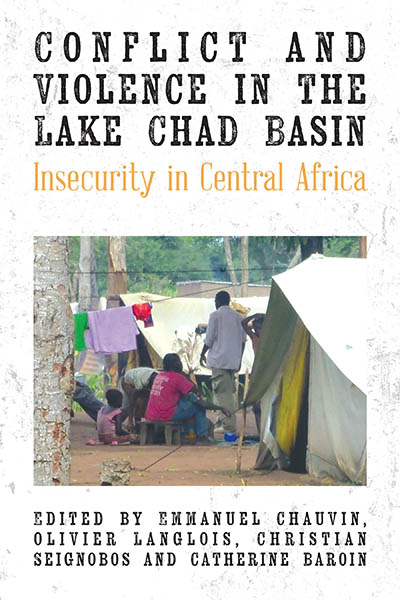 Published August 2025
Published August 2025  Published August 2025
Published August 2025  Published June 2025
Published June 2025  Published May 2025
Published May 2025  Published March 2025
Published March 2025  Published February 2025
Published February 2025  Published February 2025
Published February 2025  Published January 2025
Published January 2025 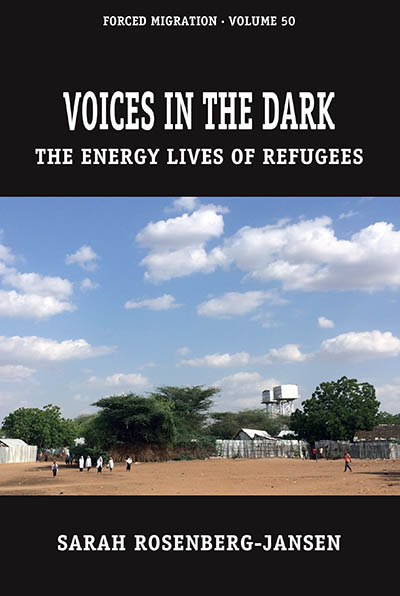 Published October 2024
Published October 2024 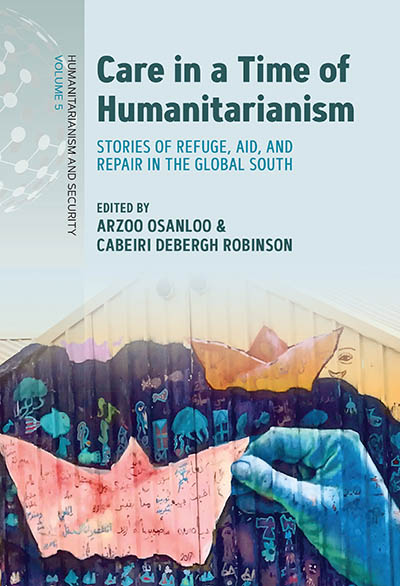 Published August 2024
Published August 2024 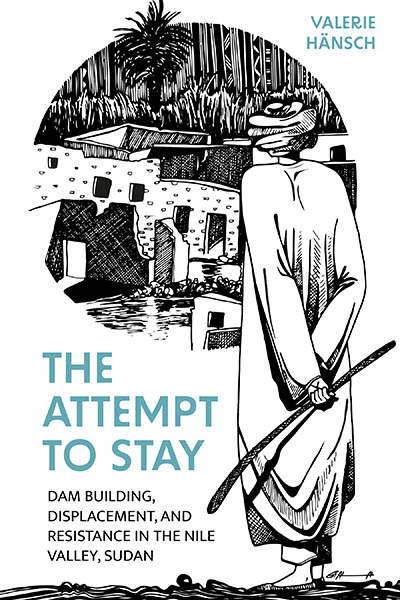 Published August 2024
Published August 2024 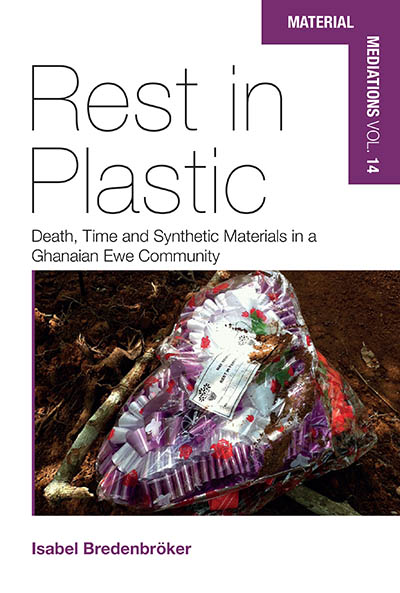 Published June 2024
Published June 2024 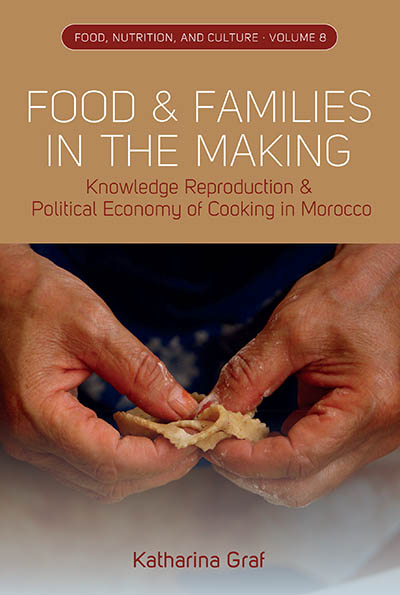 Published April 2024
Published April 2024  Published March 2024
Published March 2024 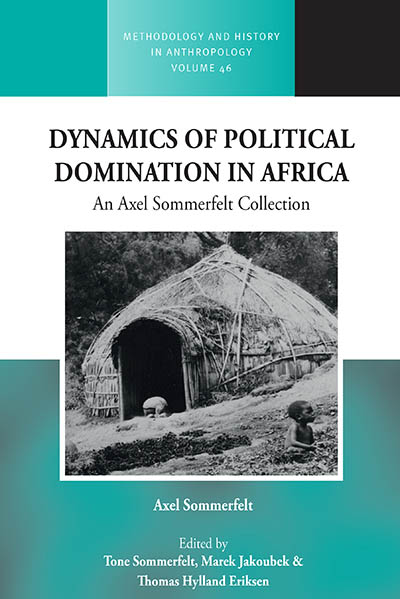 Published March 2024
Published March 2024 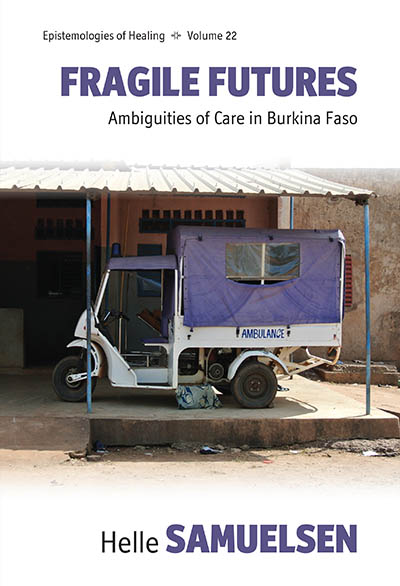 Published February 2024
Published February 2024 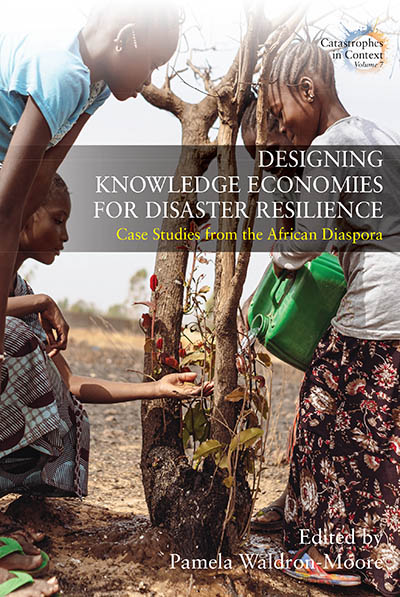 Published November 2023
Published November 2023 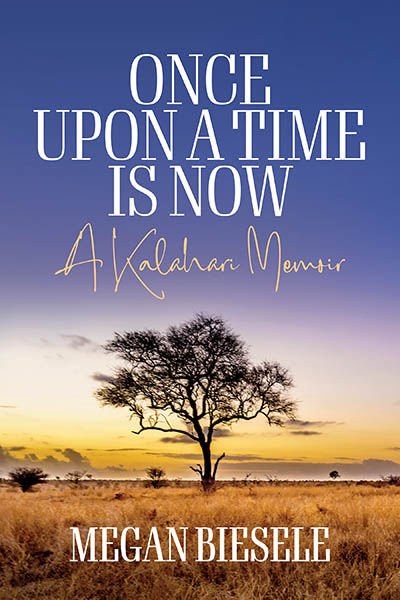 Published July 2023
Published July 2023 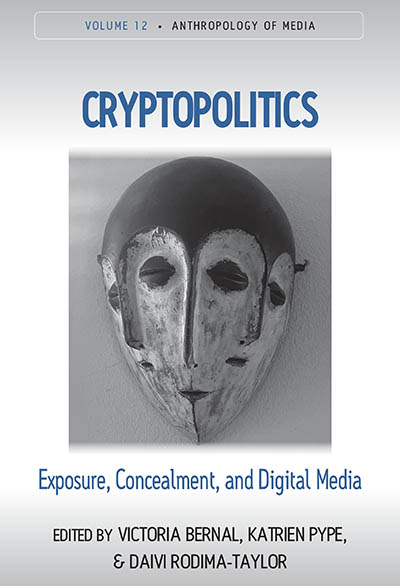 Published July 2023
Published July 2023 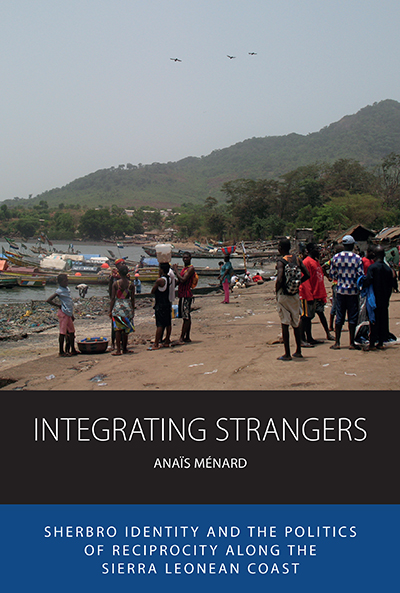 Published April 2023
Published April 2023 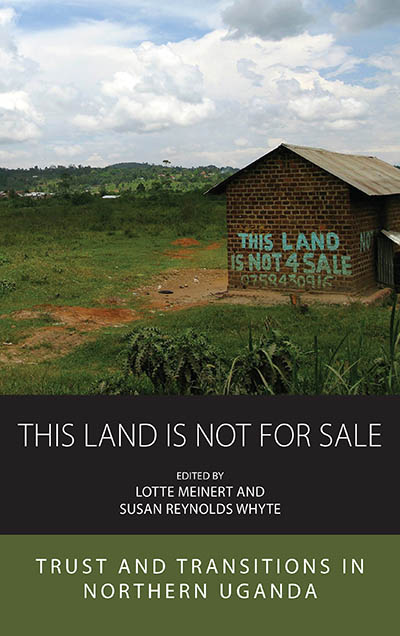 Published January 2023
Published January 2023 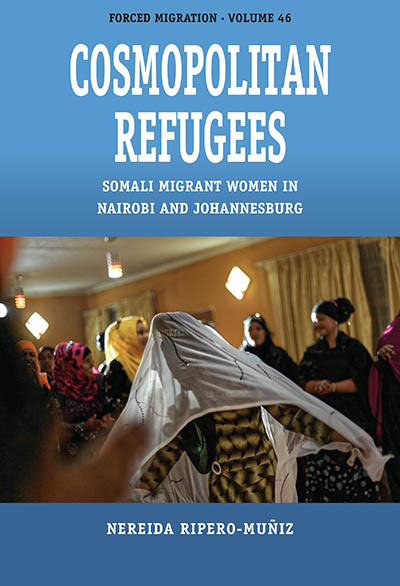 Published January 2023
Published January 2023 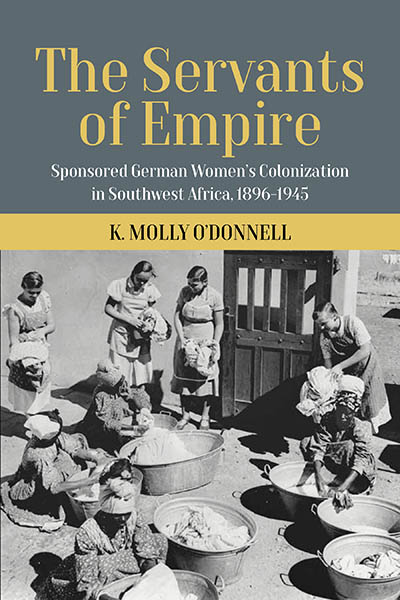 Published December 2022
Published December 2022  Published July 2022
Published July 2022 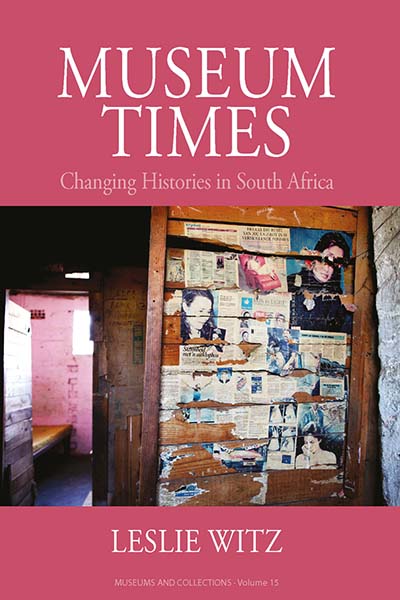 Published June 2022
Published June 2022 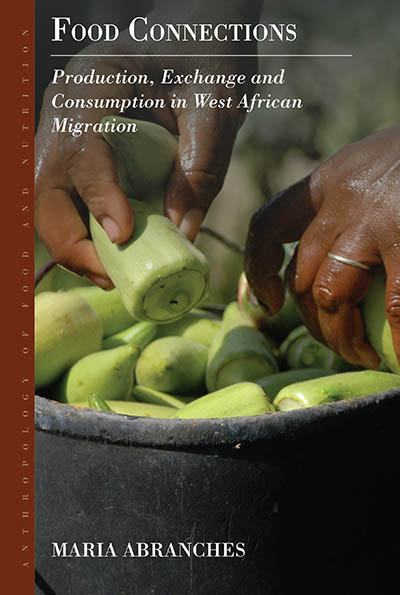 Published May 2022
Published May 2022 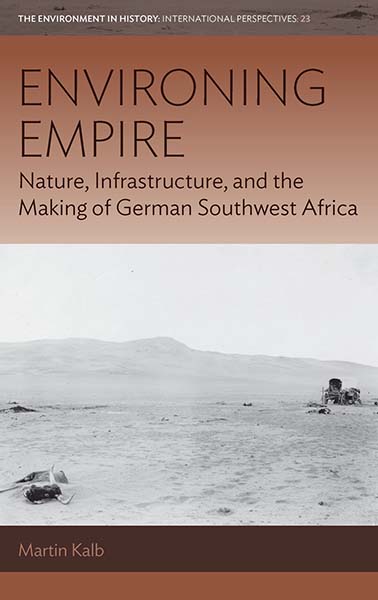 Published April 2022
Published April 2022 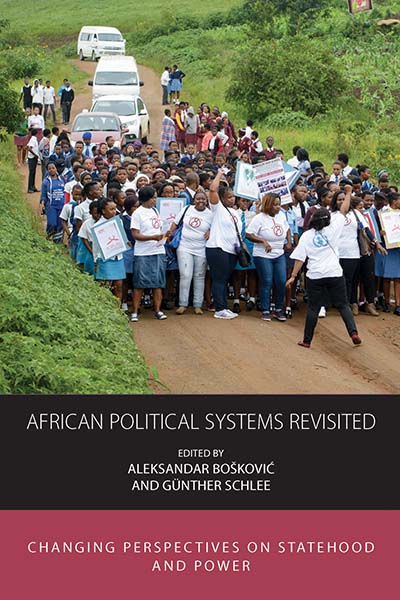 Published April 2022
Published April 2022 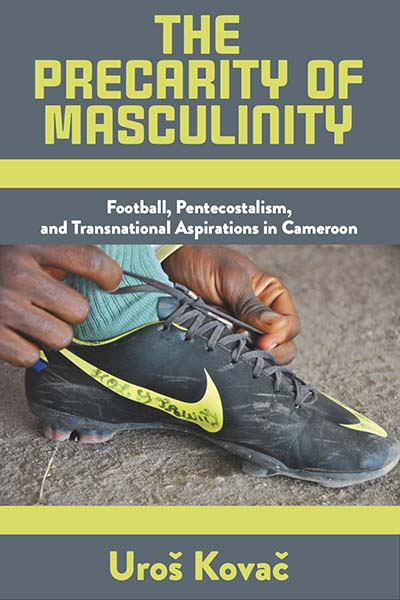 Published March 2022
Published March 2022 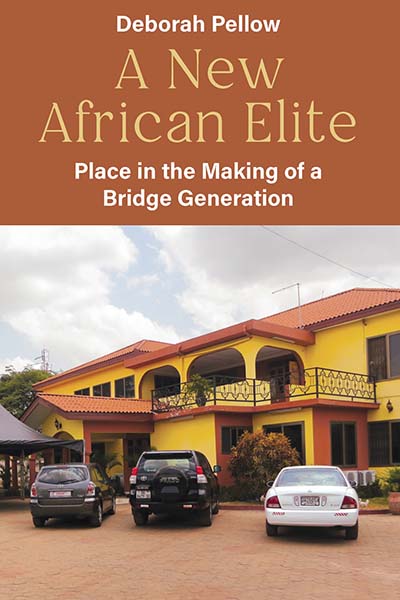 Published March 2022
Published March 2022 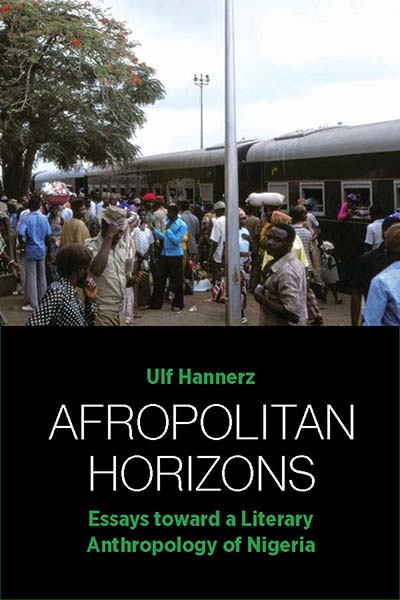 Published February 2022
Published February 2022 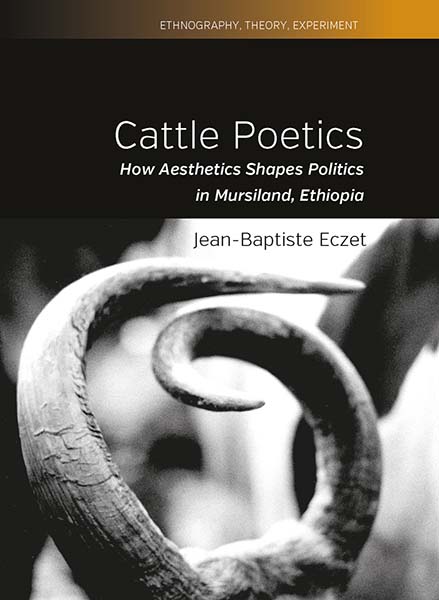 Published September 2021
Published September 2021 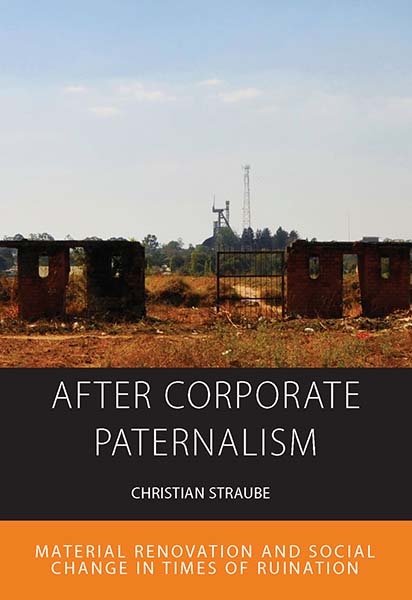 Published July 2021
Published July 2021 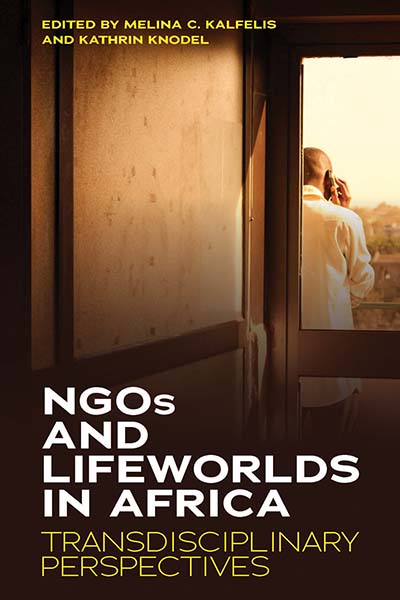 Published June 2021
Published June 2021 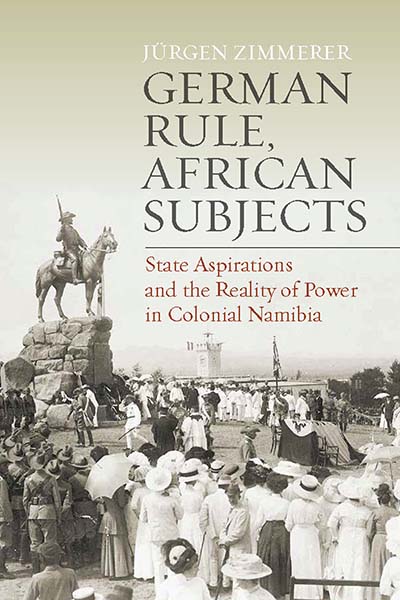 Published June 2021
Published June 2021  Published May 2021
Published May 2021 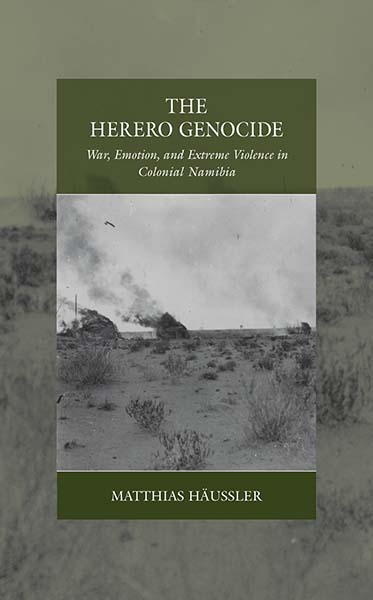 Published April 2021
Published April 2021 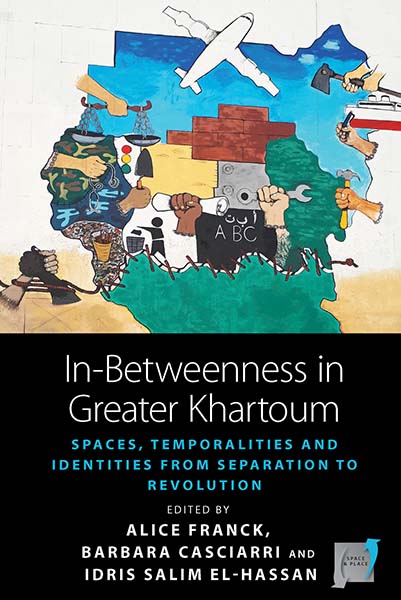 Published April 2021
Published April 2021 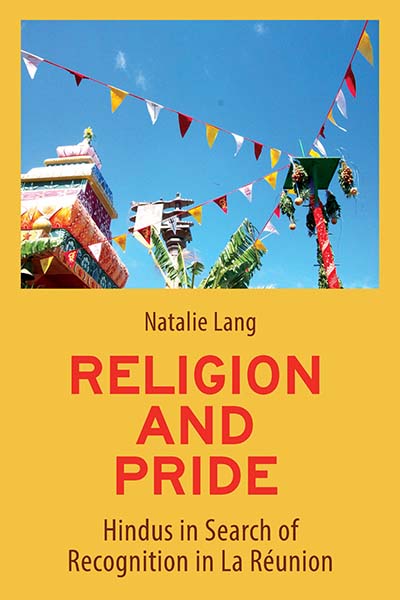 Published February 2021
Published February 2021 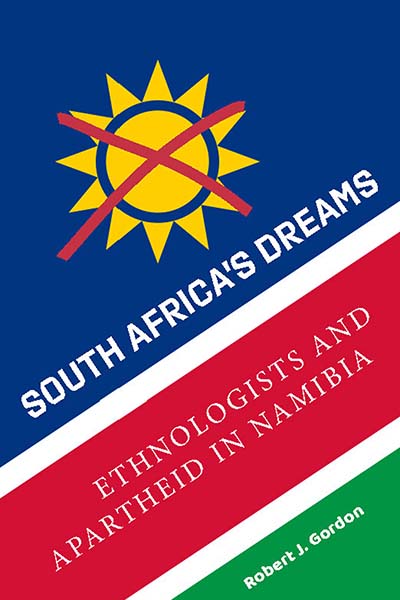 Published February 2021
Published February 2021 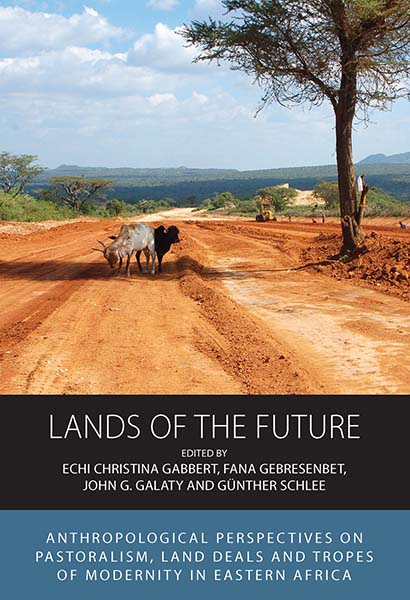 Published January 2021
Published January 2021 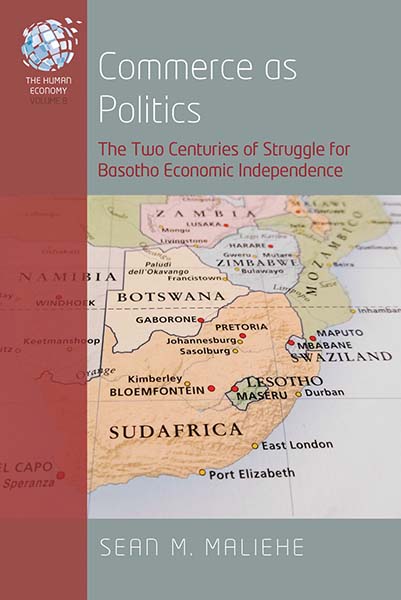 Published January 2021
Published January 2021 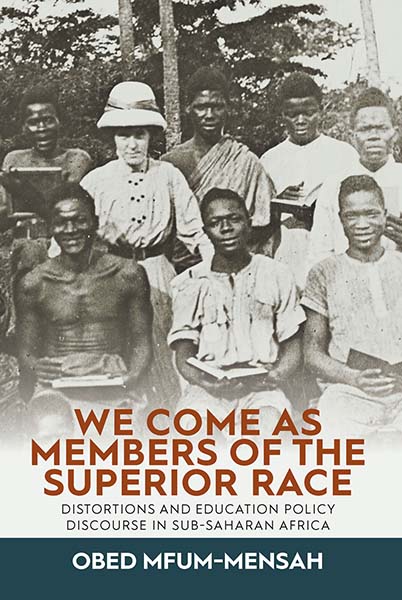 Published October 2020
Published October 2020 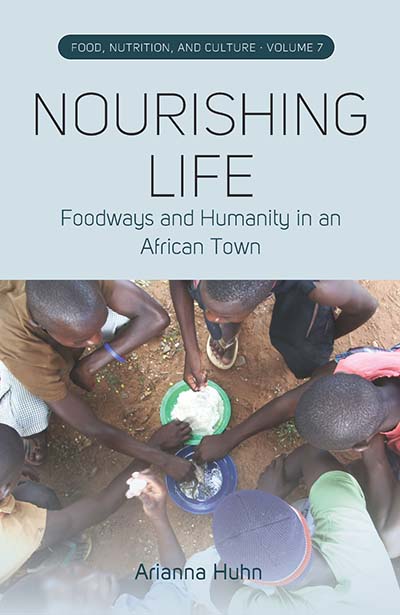 Published September 2020
Published September 2020 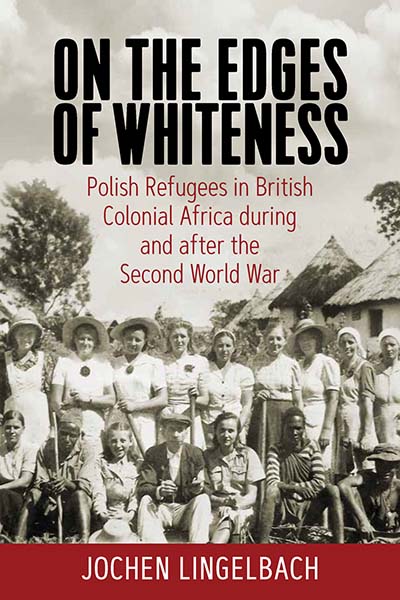 Published May 2020
Published May 2020 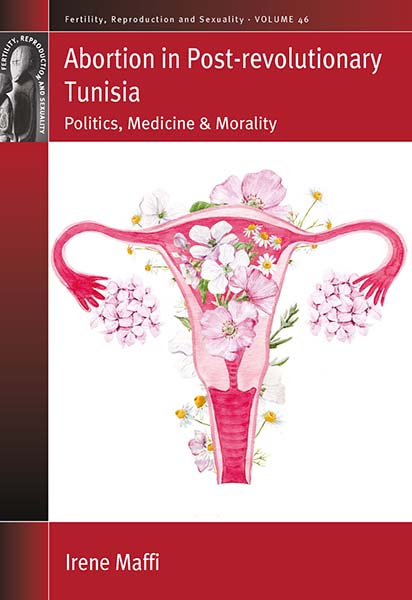 Published May 2020
Published May 2020 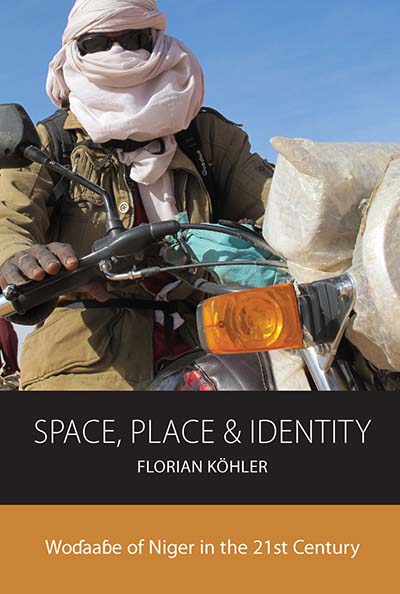 Published March 2020
Published March 2020 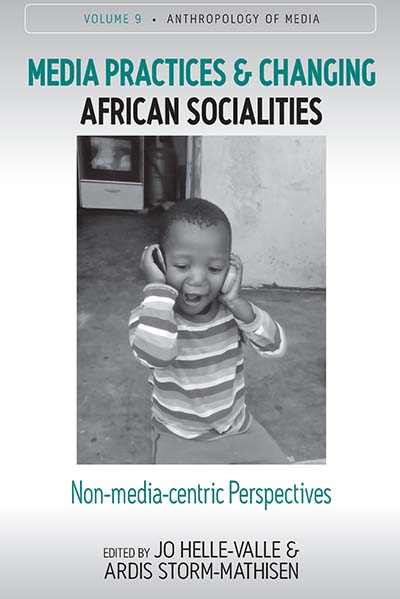 Published March 2020
Published March 2020 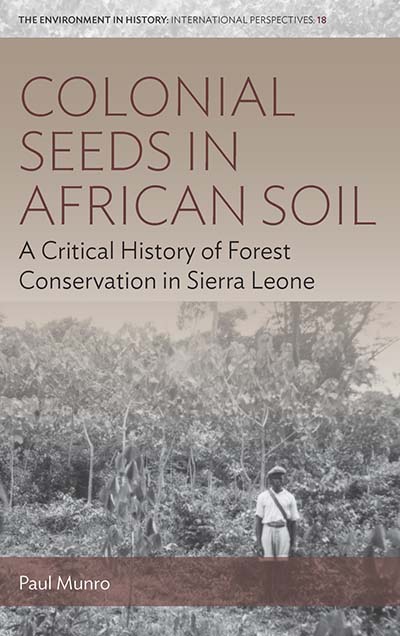 Published February 2020
Published February 2020 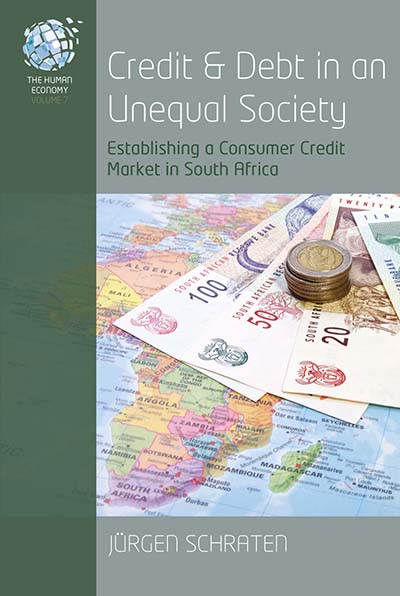 Published February 2020
Published February 2020 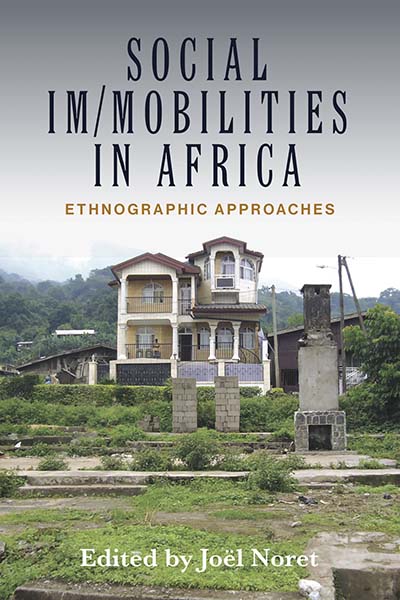 Published November 2019
Published November 2019 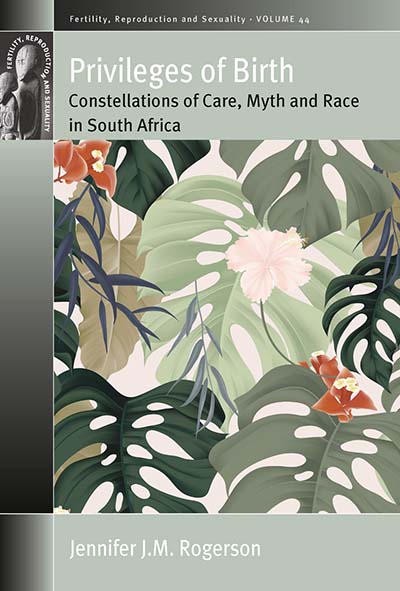 Published November 2019
Published November 2019 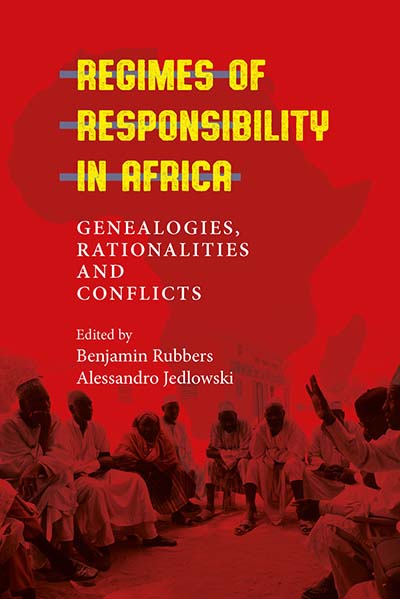 Published October 2019
Published October 2019 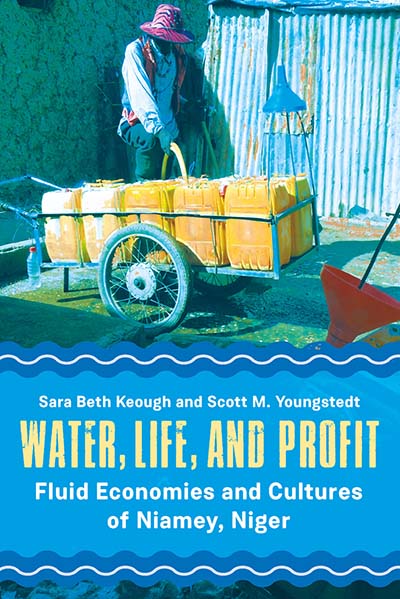 Published September 2019
Published September 2019 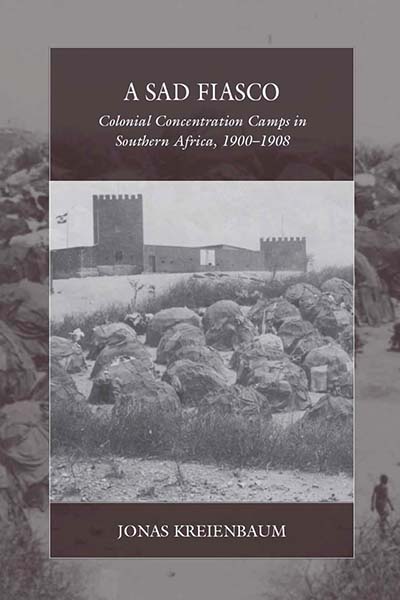 Published September 2019
Published September 2019 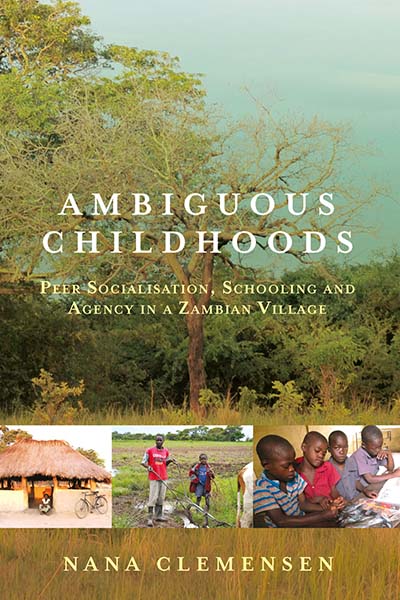 Published September 2019
Published September 2019 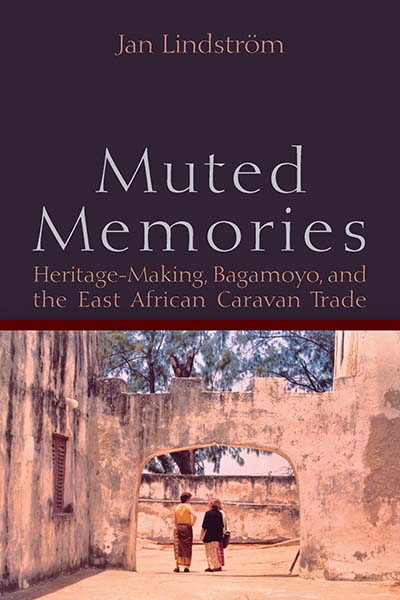 Published August 2019
Published August 2019 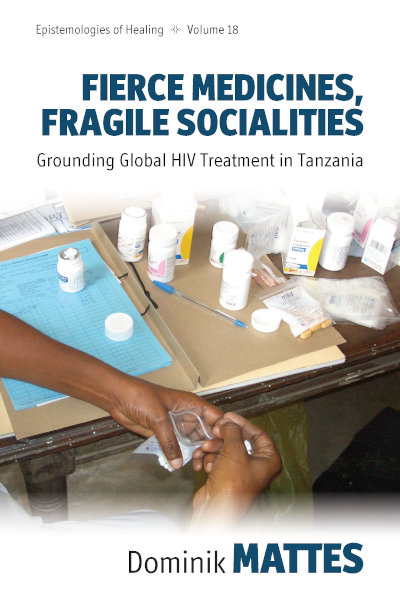 Published August 2019
Published August 2019 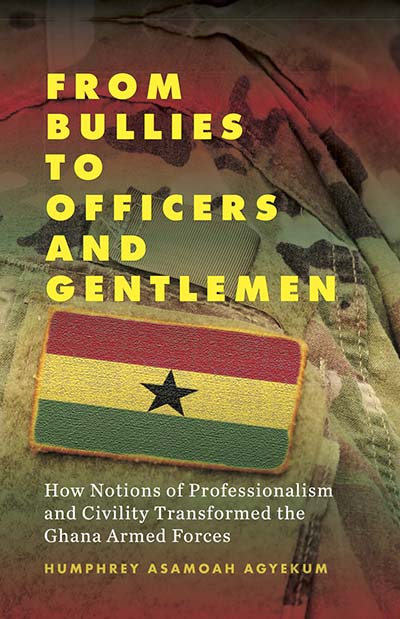 Published July 2019
Published July 2019 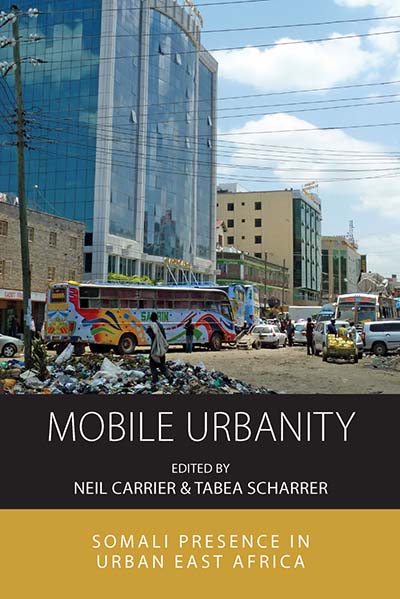 Published July 2019
Published July 2019 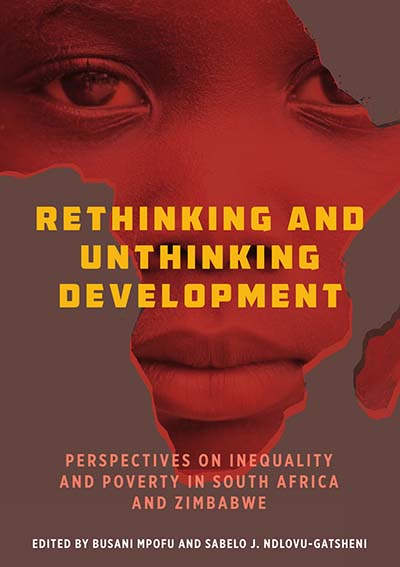 Published March 2019
Published March 2019 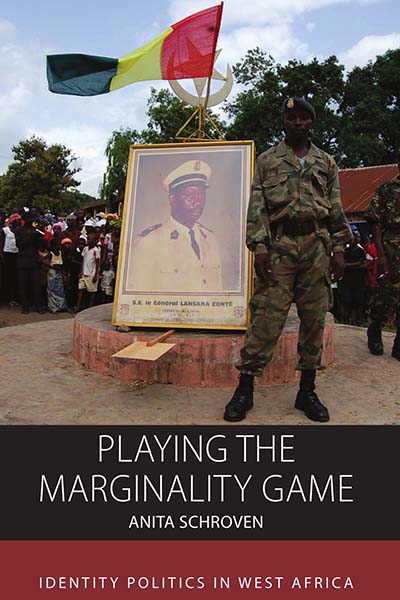 Published March 2019
Published March 2019 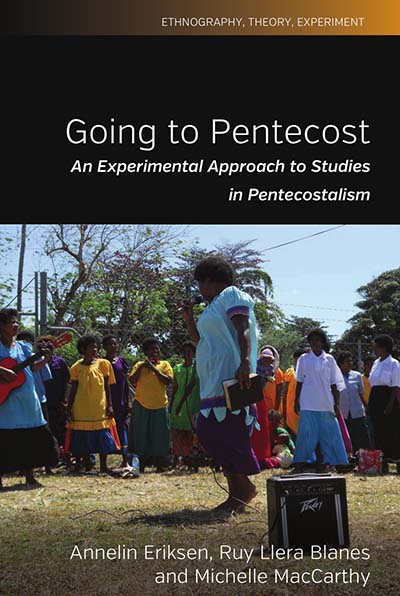 Published February 2019
Published February 2019  Published December 2018
Published December 2018 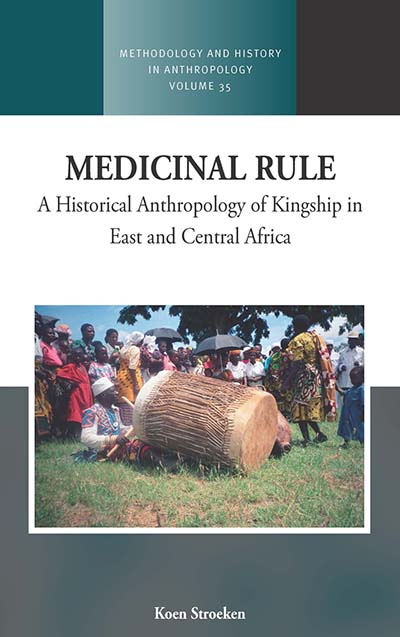 Published September 2018
Published September 2018 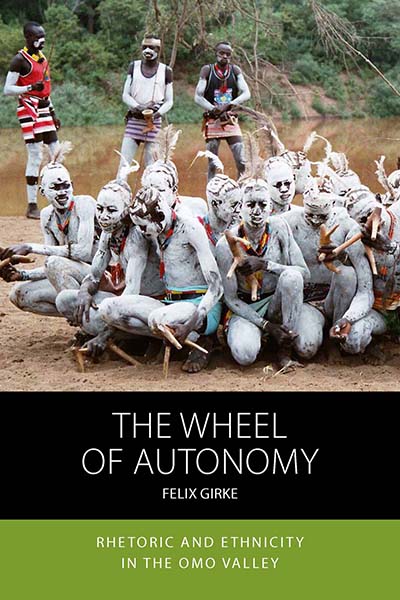 Published August 2018
Published August 2018 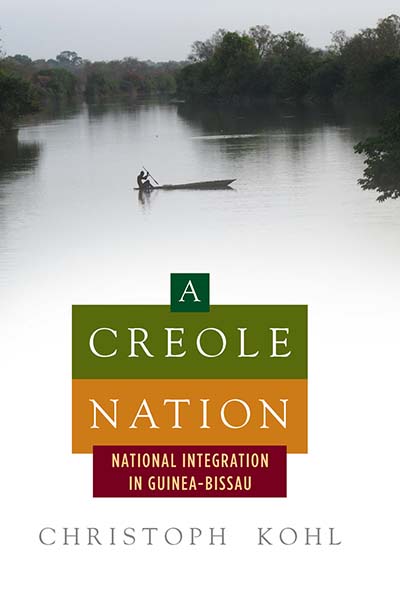 Published April 2018
Published April 2018 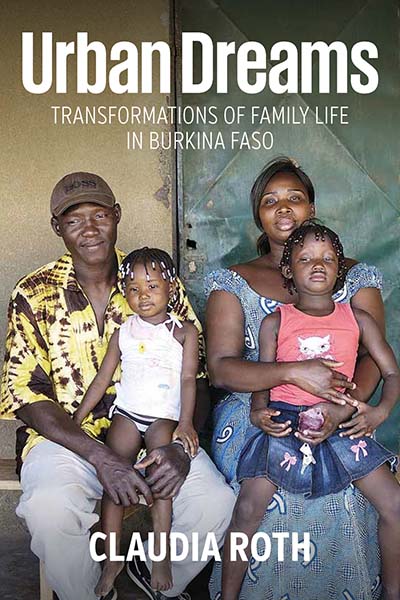 Published March 2018
Published March 2018 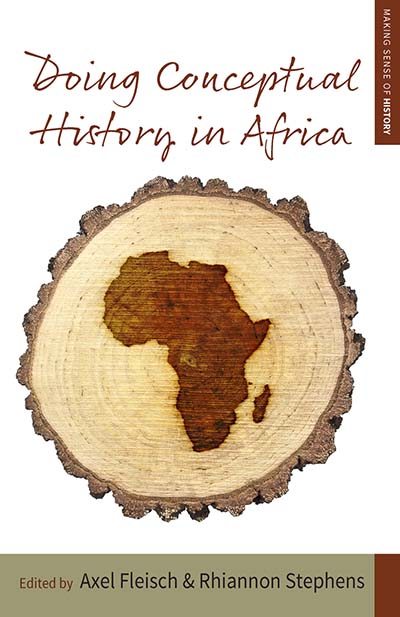 Published February 2018
Published February 2018 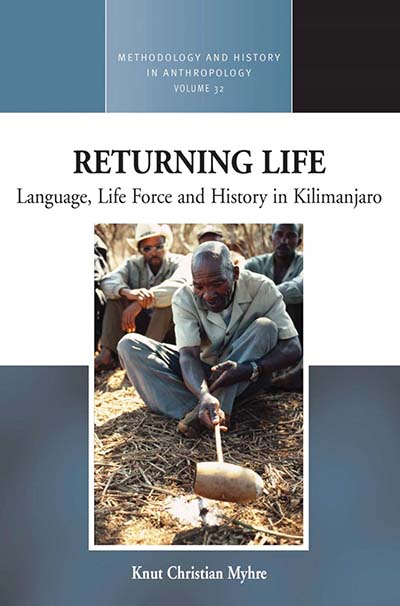 Published December 2017
Published December 2017  Published December 2017
Published December 2017  Published November 2017
Published November 2017 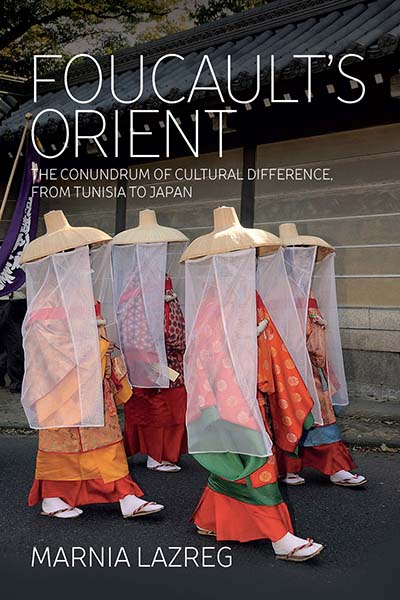 Published October 2017
Published October 2017 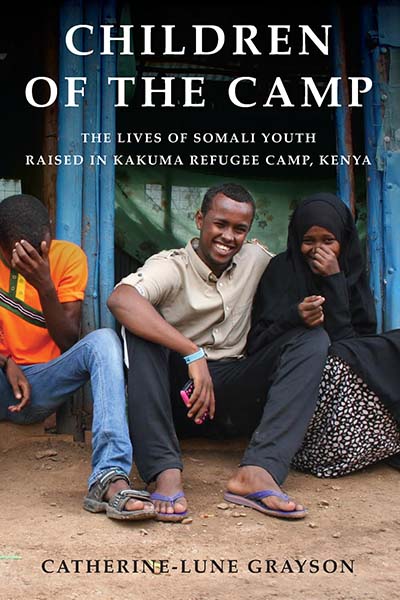 Published October 2017
Published October 2017 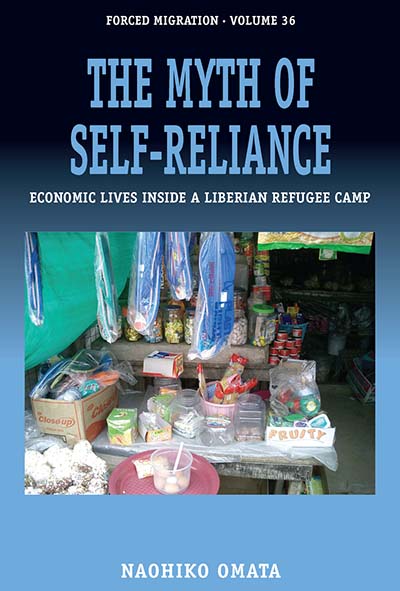 Published June 2017
Published June 2017  Published May 2017
Published May 2017 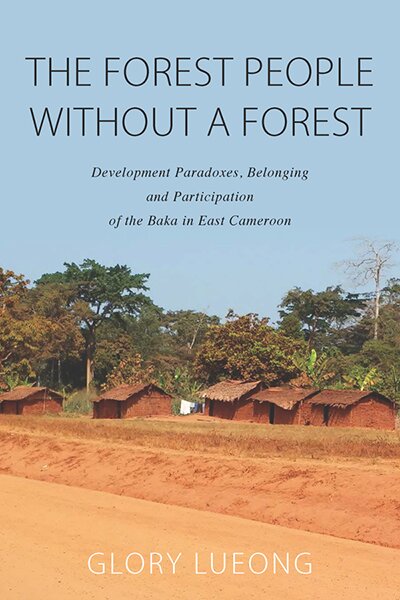 Published December 2016
Published December 2016 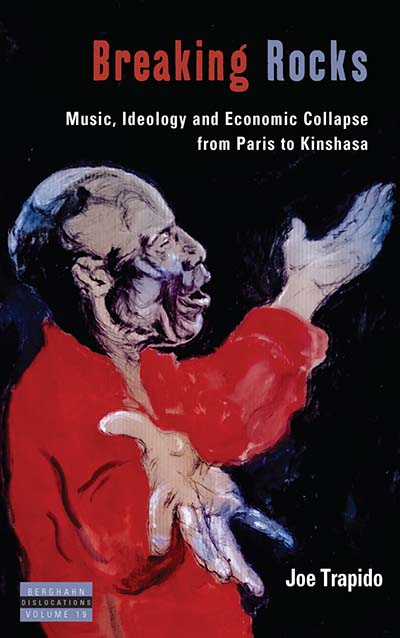 Published December 2016
Published December 2016 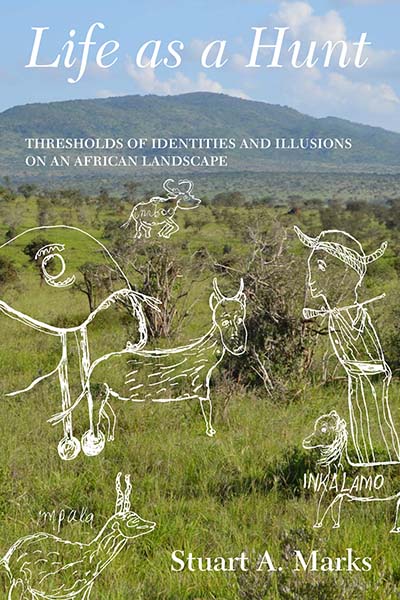 Published September 2016
Published September 2016 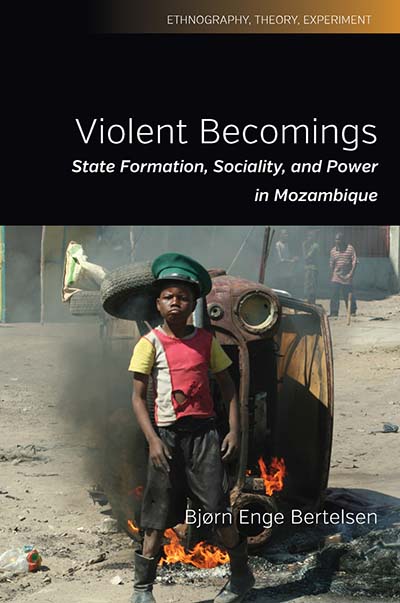 Published August 2016
Published August 2016 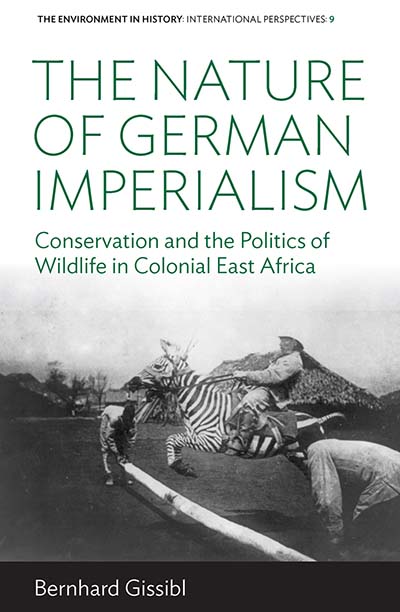 Published July 2016
Published July 2016 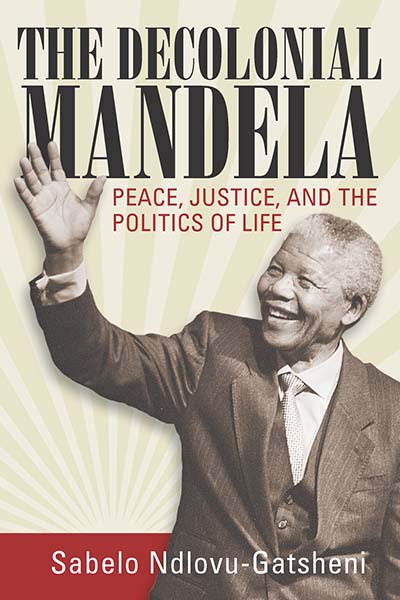 Published March 2016
Published March 2016 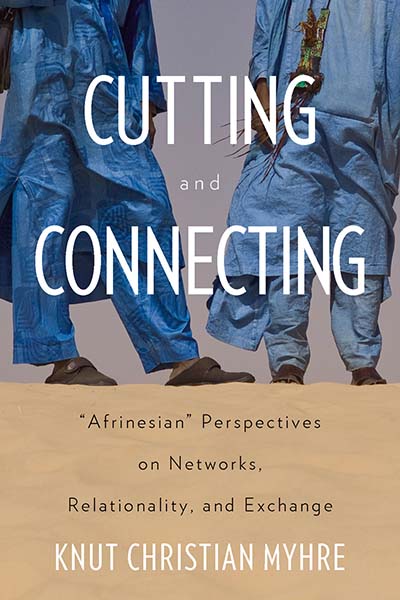 Published March 2016
Published March 2016 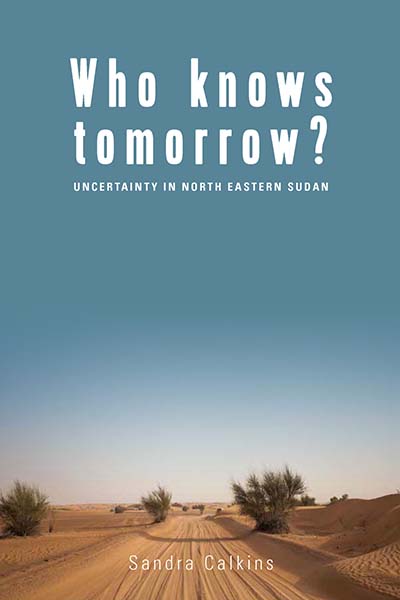 Published February 2016
Published February 2016 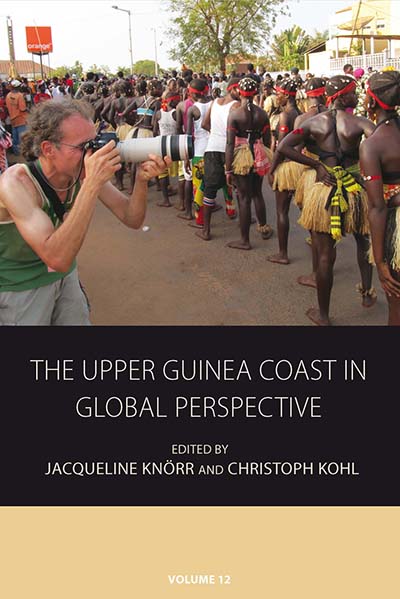 Published February 2016
Published February 2016 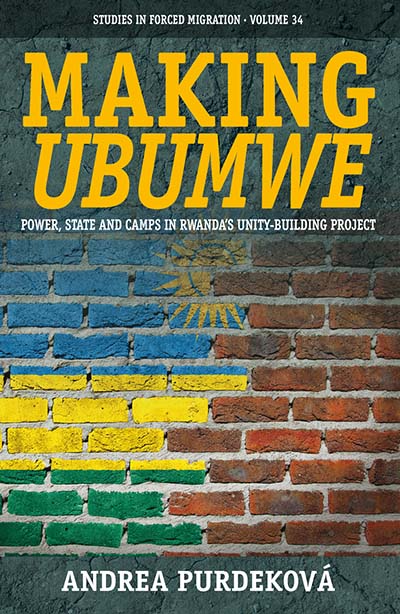 Published October 2015
Published October 2015 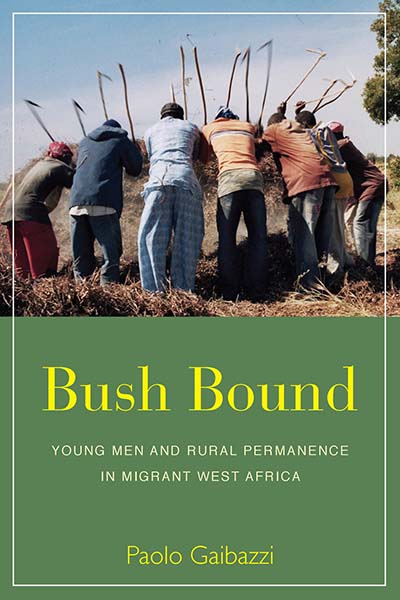 Published August 2015
Published August 2015 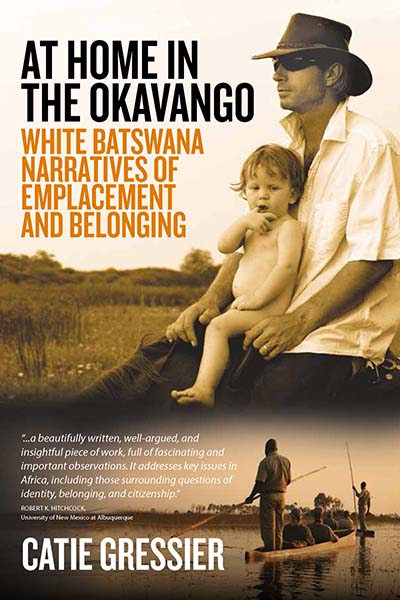 Published August 2015
Published August 2015 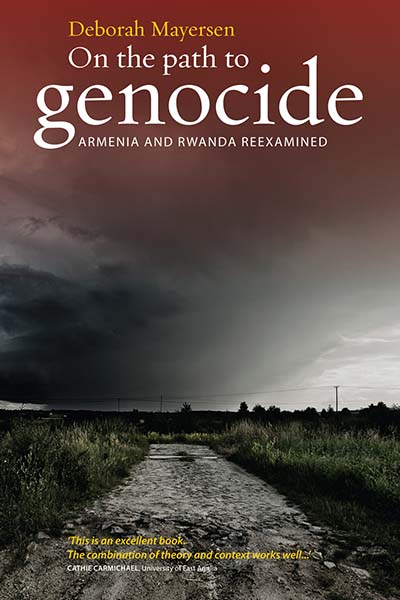 Published April 2014
Published April 2014 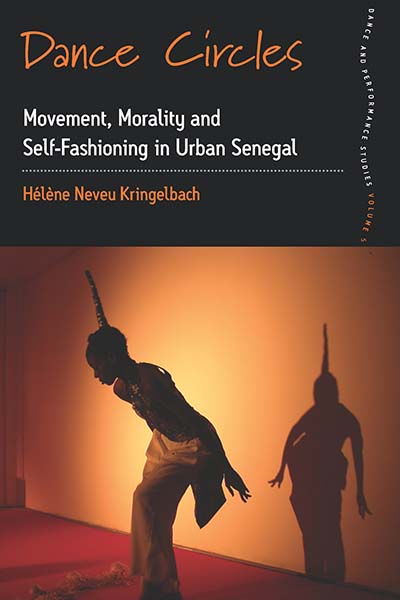 Published November 2013
Published November 2013 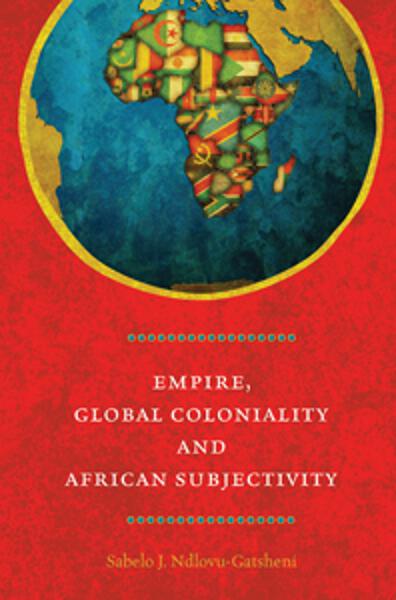 Published June 2013
Published June 2013 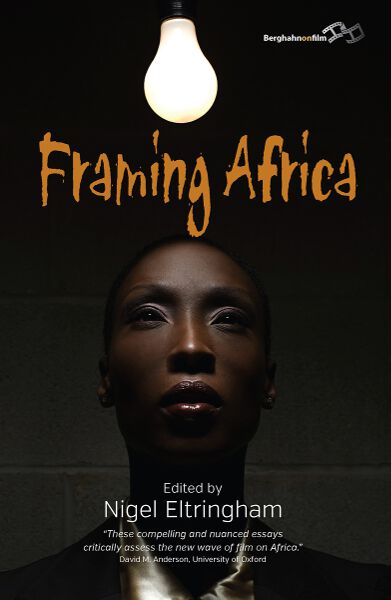 Published June 2013
Published June 2013 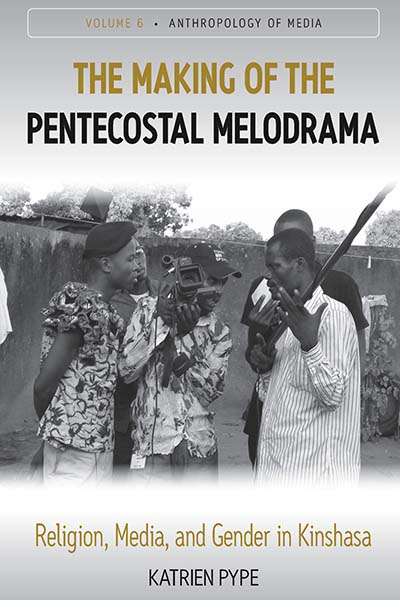 Published June 2012
Published June 2012  Published May 2012
Published May 2012 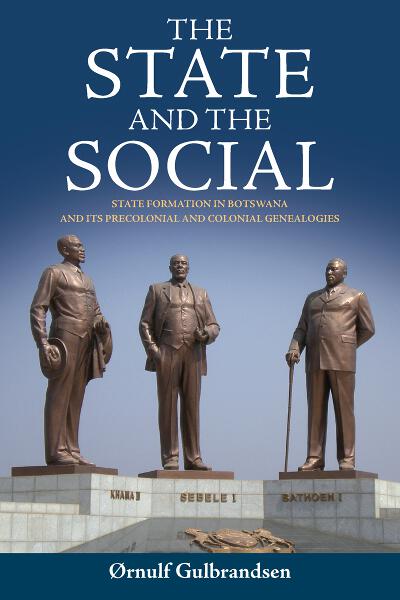 Published March 2012
Published March 2012 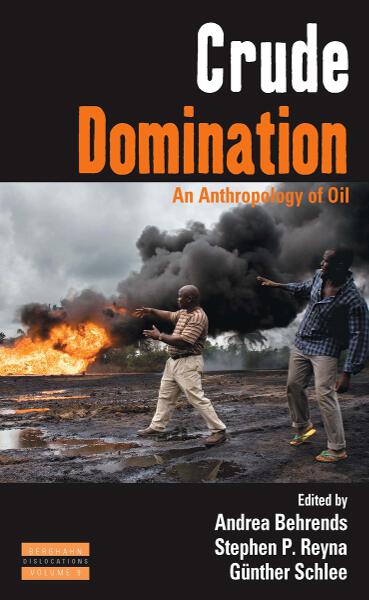 Published October 2011
Published October 2011 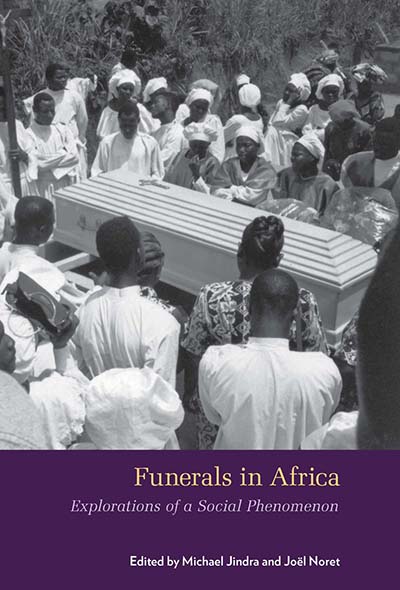 Published September 2011
Published September 2011 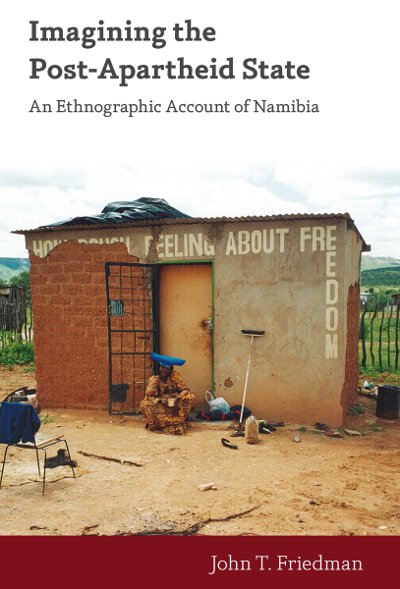 Published July 2011
Published July 2011 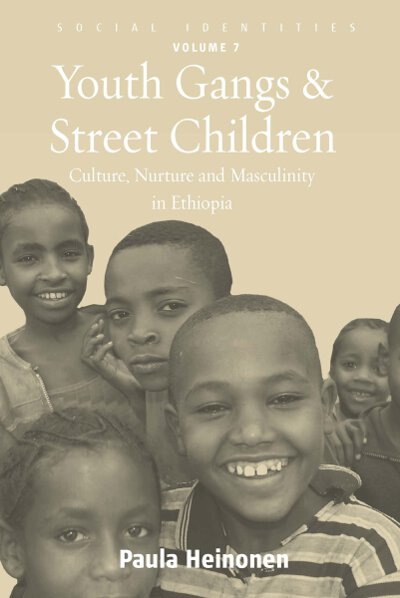 Published July 2011
Published July 2011 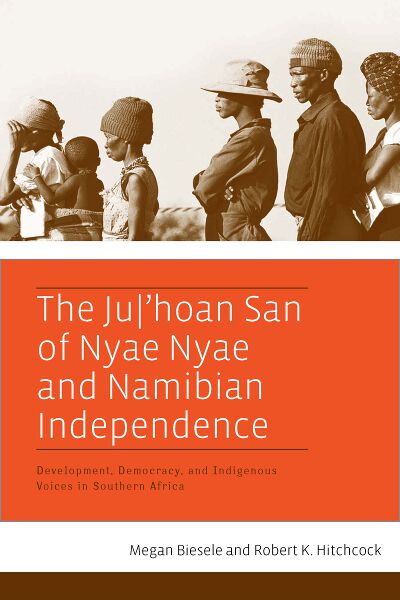 Published November 2010
Published November 2010 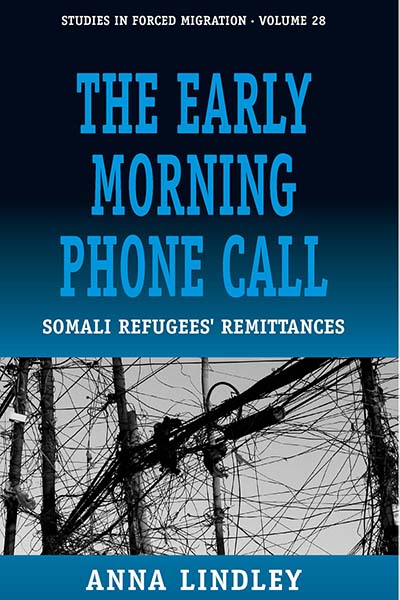 Published August 2010
Published August 2010 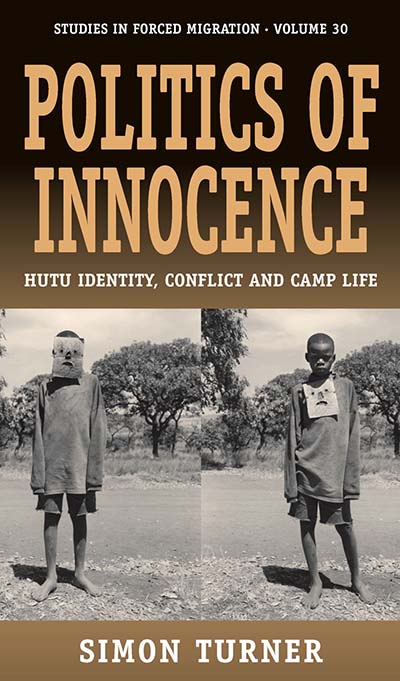 Published July 2010
Published July 2010 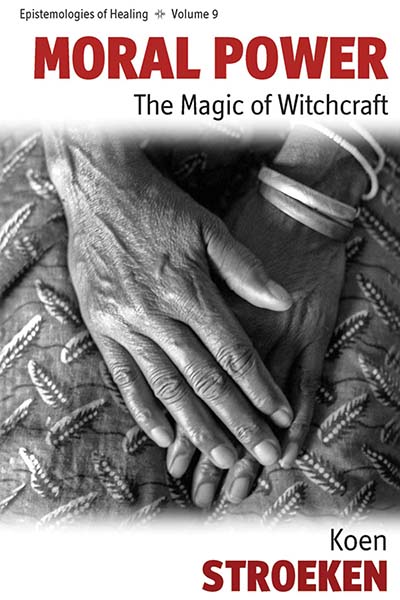 Published July 2010
Published July 2010 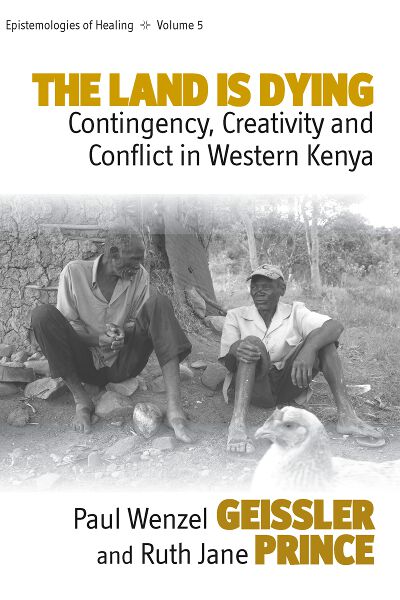 Published June 2010
Published June 2010 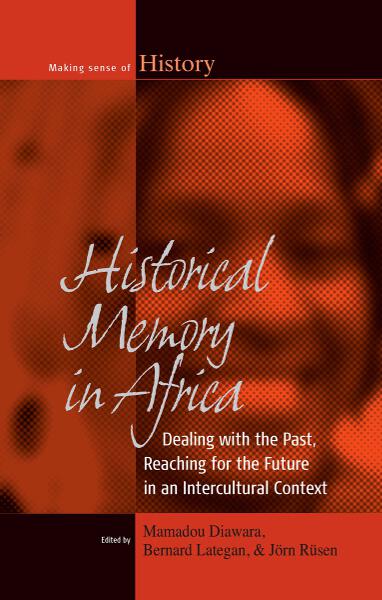 Published June 2010
Published June 2010 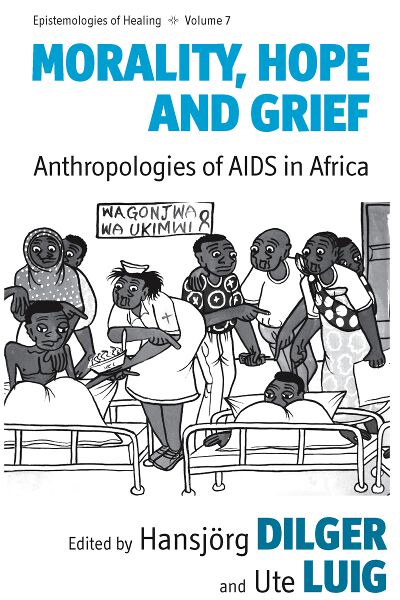 Published May 2010
Published May 2010 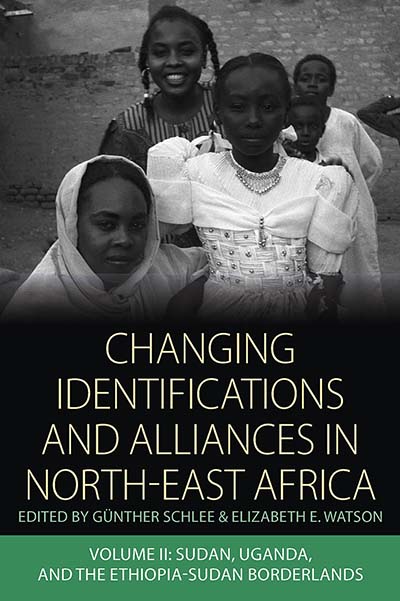 Published November 2009
Published November 2009 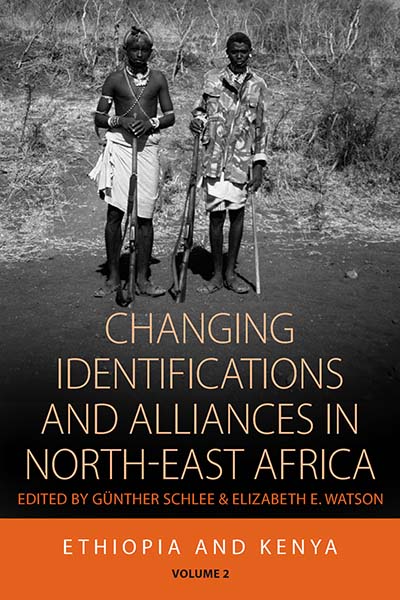 Published October 2009
Published October 2009 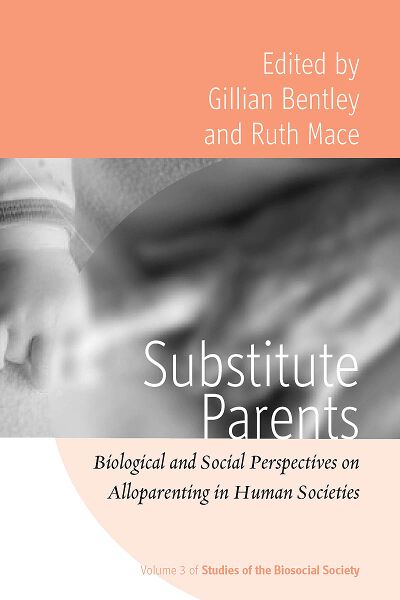 Published September 2009
Published September 2009 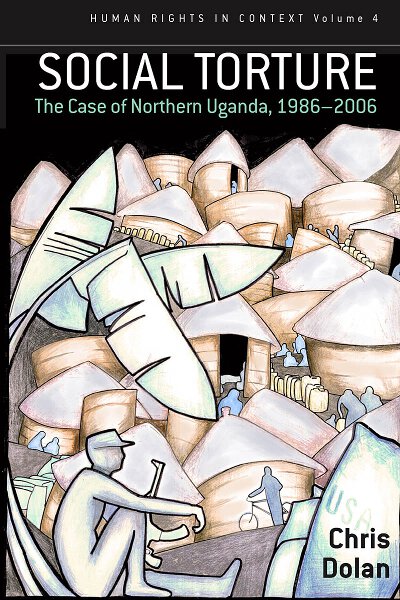 Published April 2009
Published April 2009 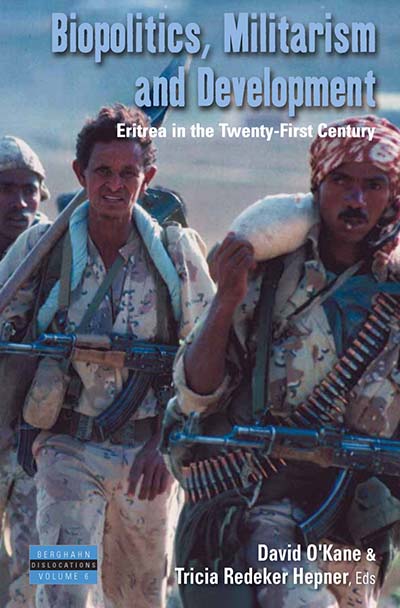 Published March 2009
Published March 2009 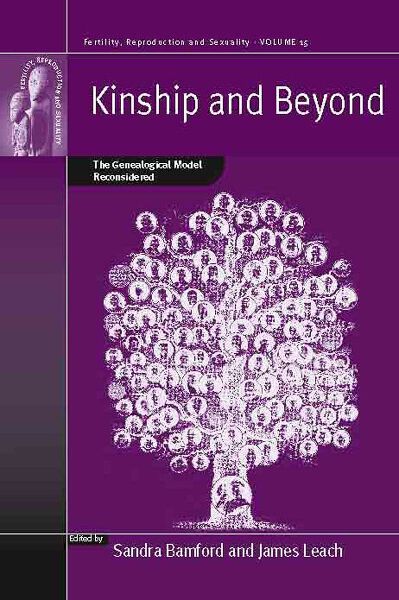 Published March 2009
Published March 2009 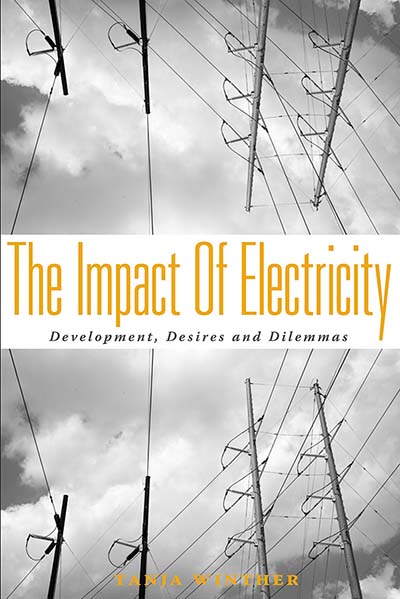 Published September 2008
Published September 2008 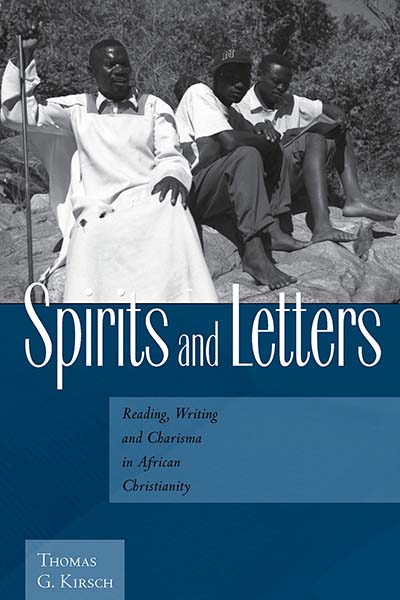 Published May 2008
Published May 2008 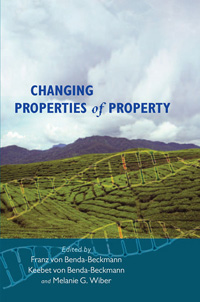 Published May 2006
Published May 2006 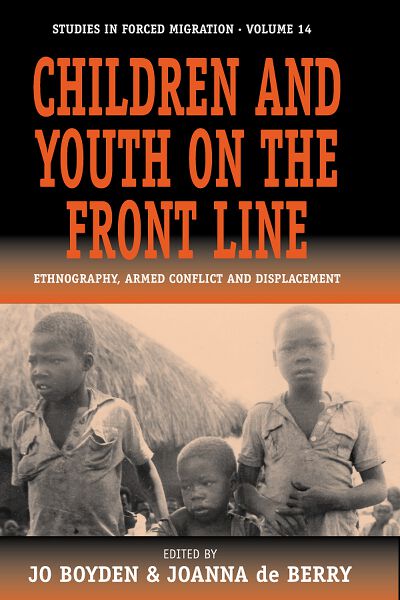 Published June 2004
Published June 2004 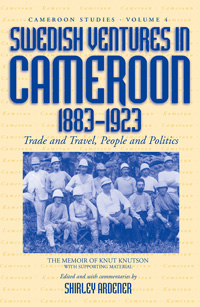 Published August 2002
Published August 2002  Published October 2001
Published October 2001 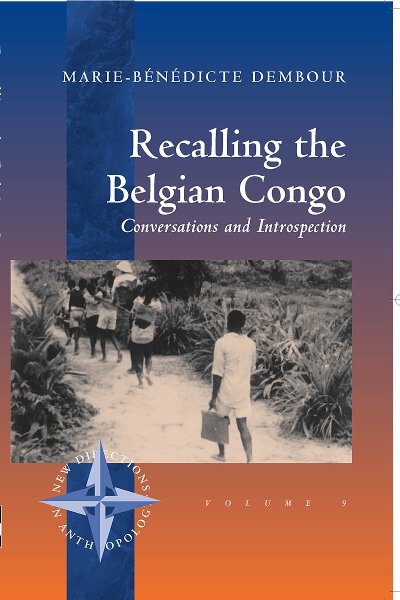 Published September 2000
Published September 2000